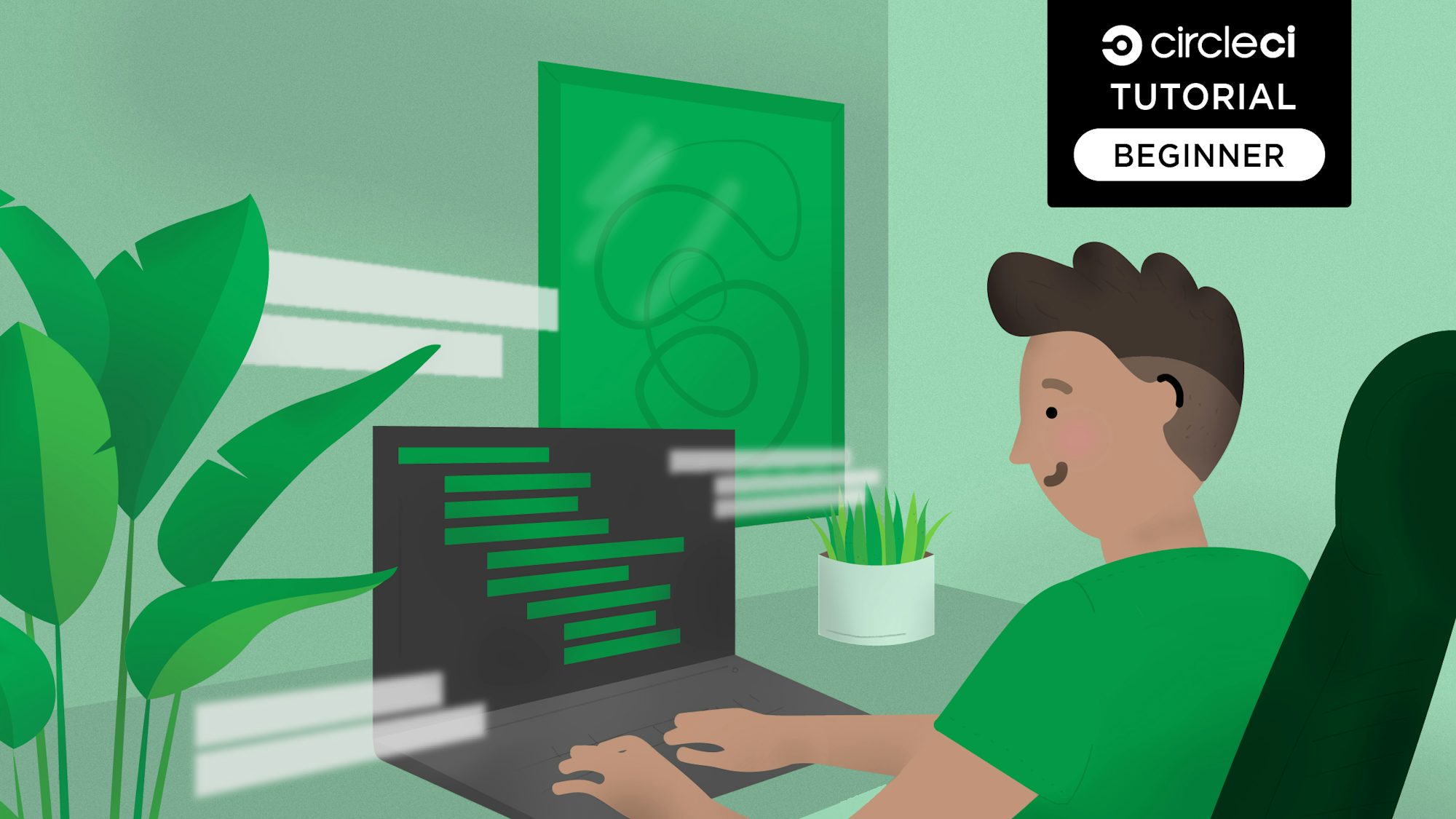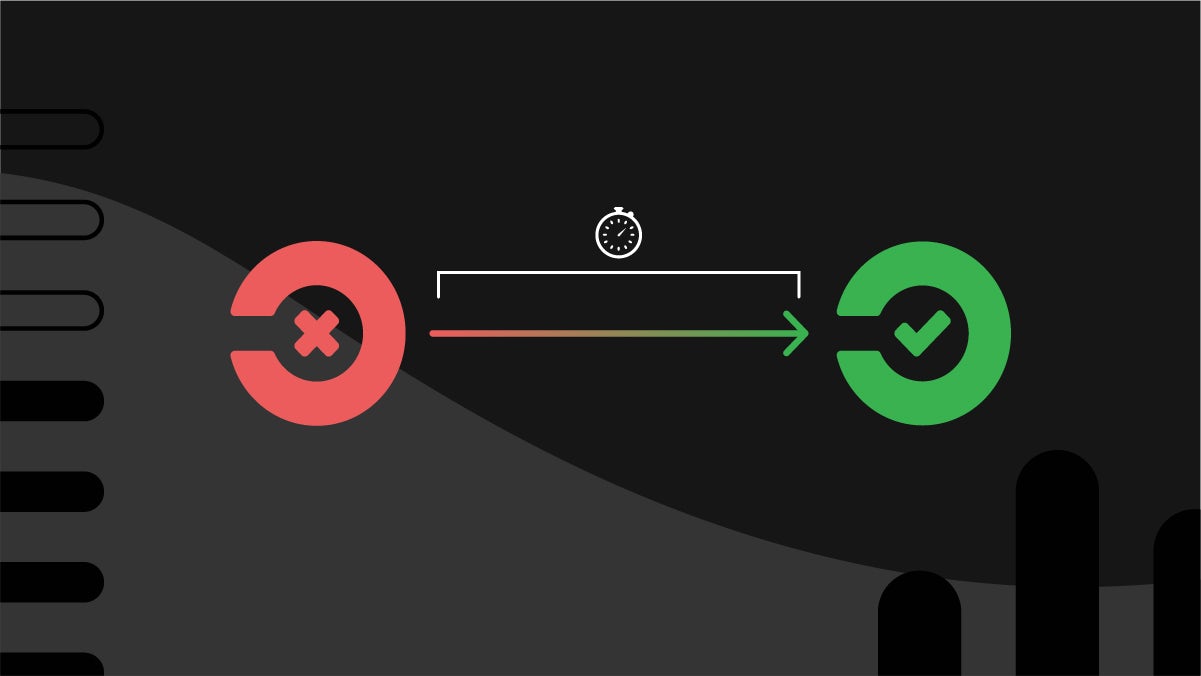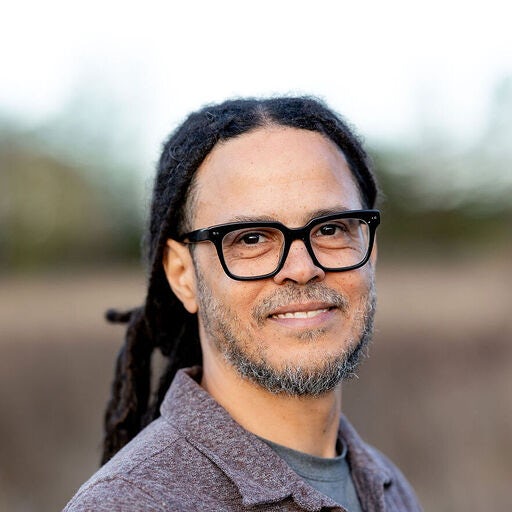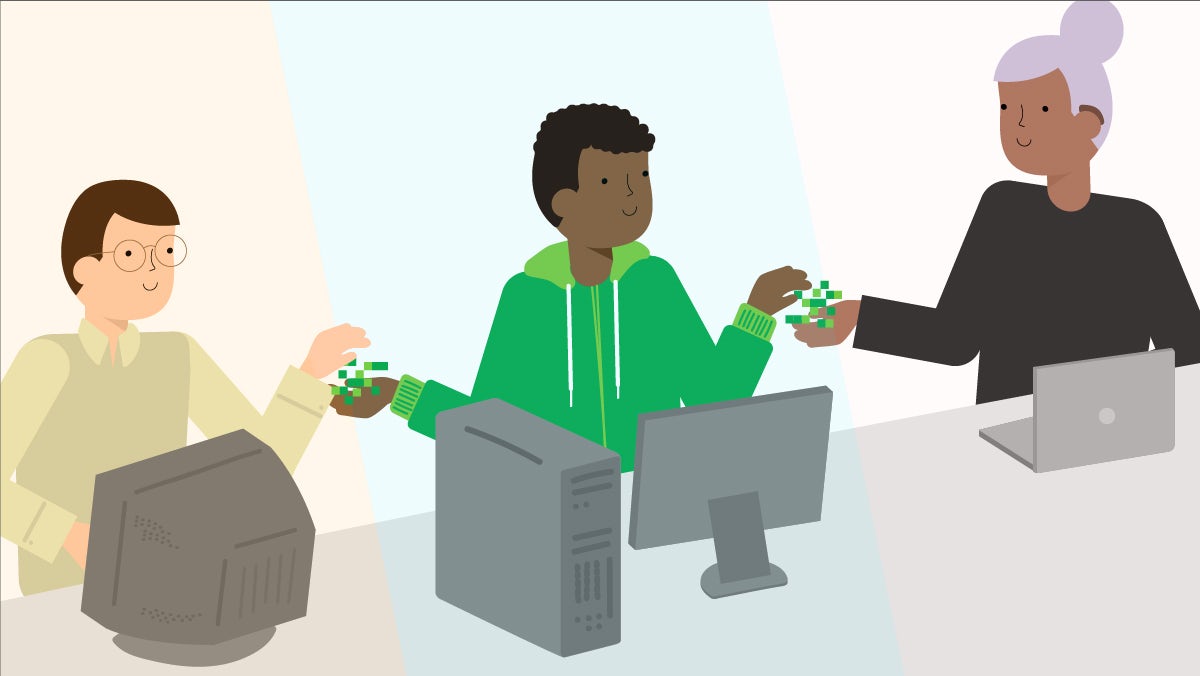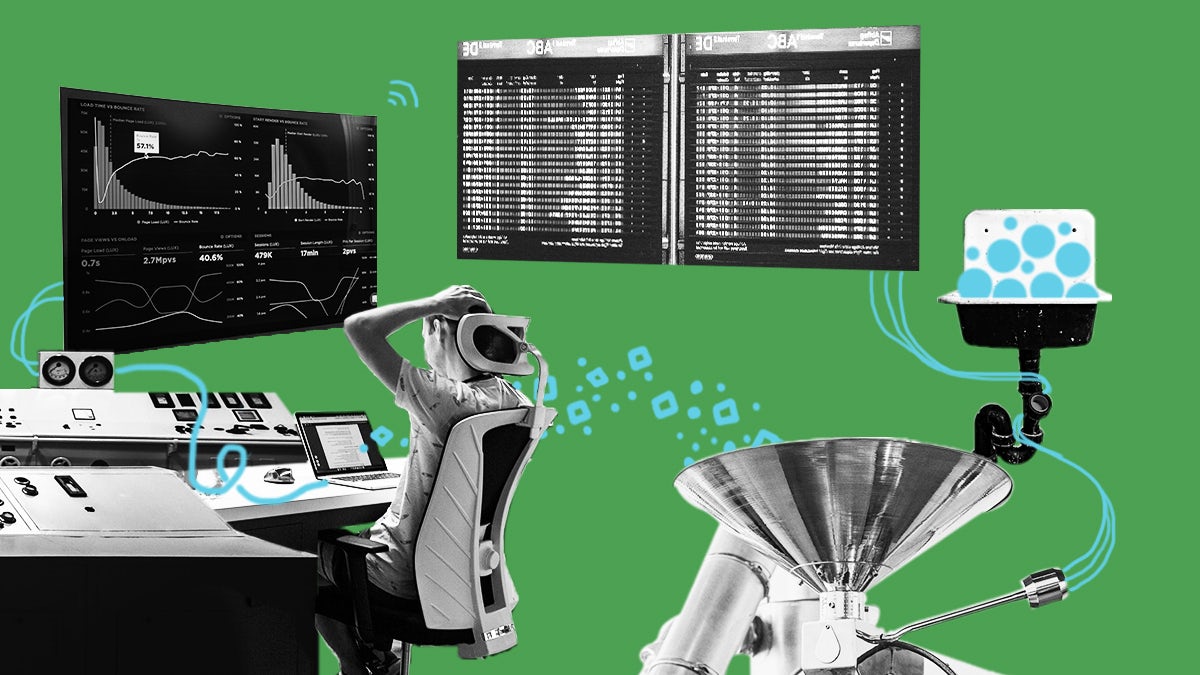Ebooks

Simplifying Compliance with CI/CD
Learn how a robust continuous integration and delivery pipeline can help your organization automate and streamline risk management and regulatory compliance.
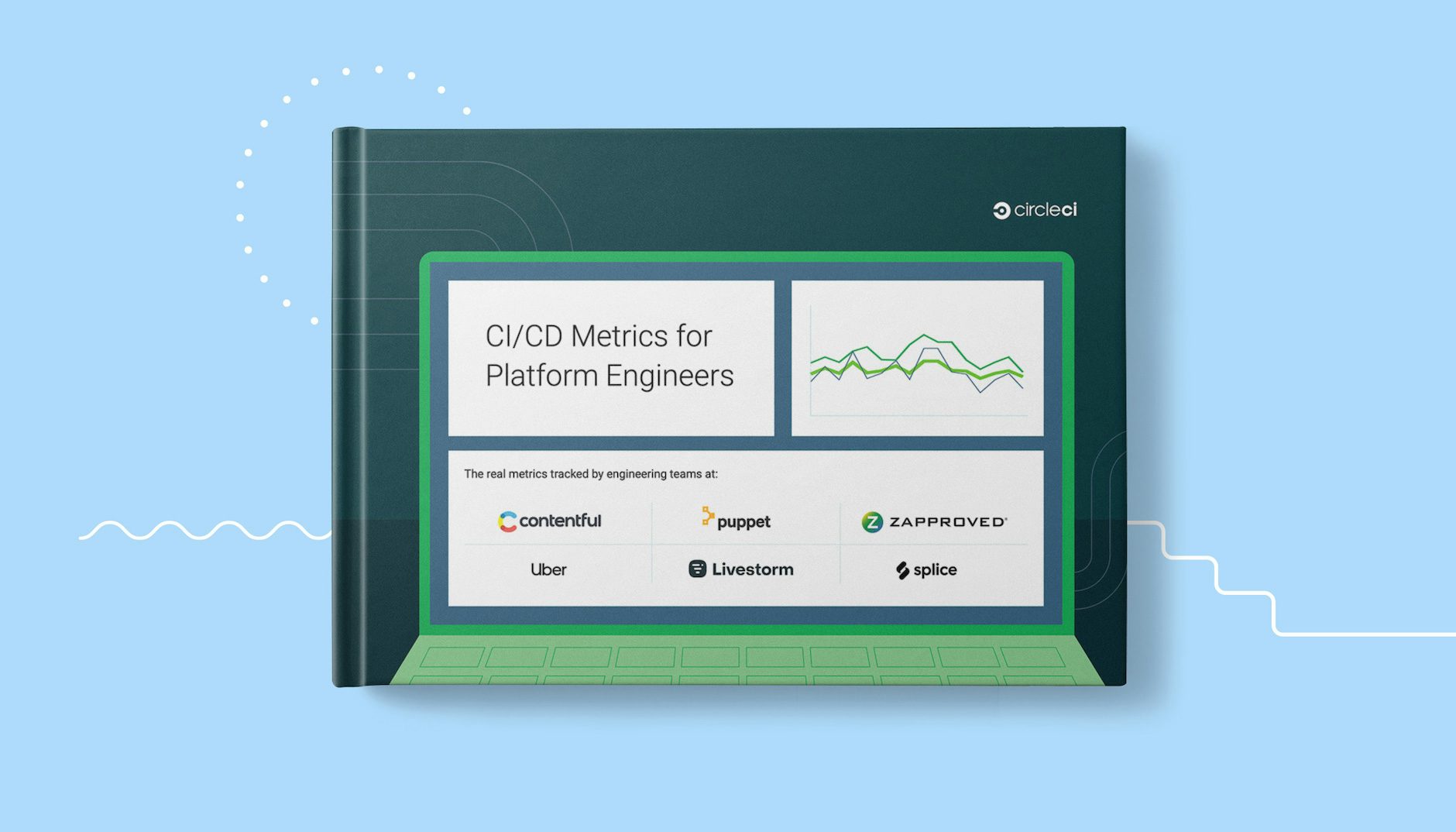
CI/CD Metrics for Platform Engineers
Learn the key metrics platform engineers use to optimize performance, enhance reliability, and ensure a seamless user experience on the technology platforms they manage.
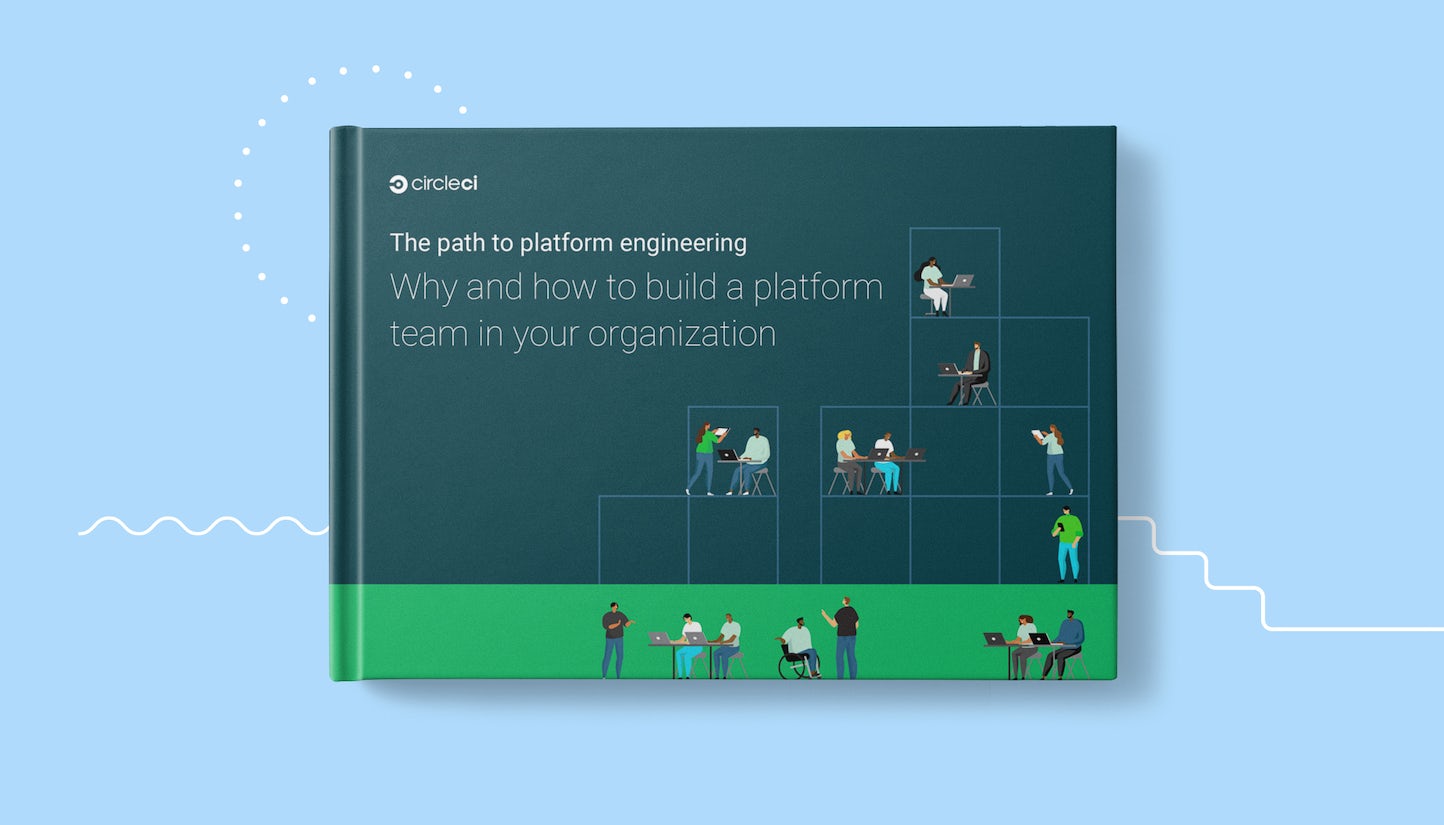
The Path to Platform Engineering
Learn how a platform engineering team can help your organization achieve faster development cycles, higher quality software, and improved scalability.

The Building Blocks of DevOps Culture
Across thousands of teams, we’ve seen that the top teams have something in common: they’ve fostered a culture in which DevOps practices can thrive. This guide will show you what you need to build a DevOps-friendly culture in your organization.
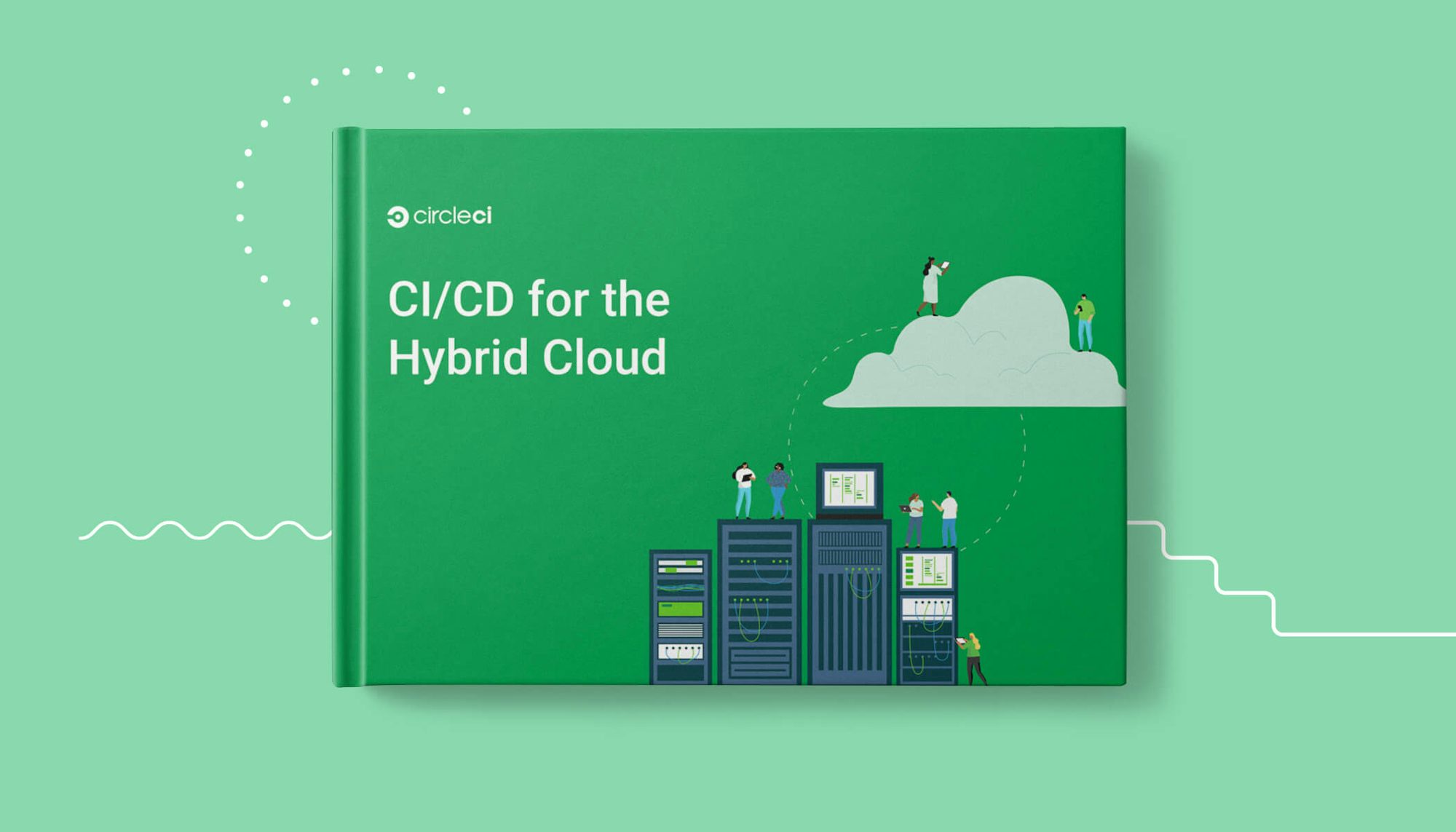
CI/CD for the Hybrid Cloud
Learn how your organization can benefit from setting up a continuous integration pipeline that runs on both public and private infrastructure.
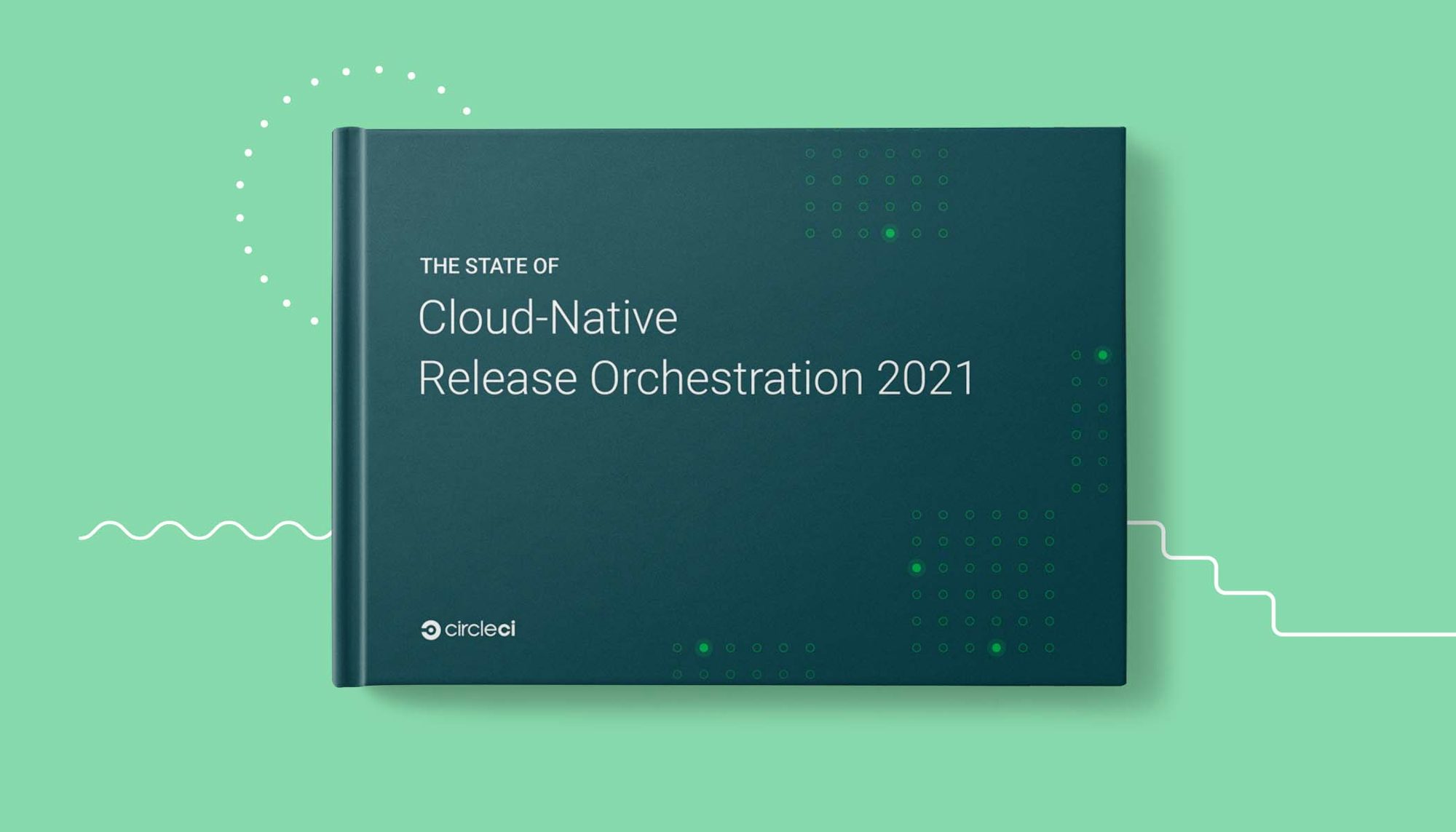
The State of Cloud-Native Release Orchestration 2021
Trends, challenges, and opportunities for improvement when it comes to releasing and validating software in production.

How to Build a Team That Demands Metrics
Discover how to track the metrics that work best for your team and effectively use them to achieve larger, shared goals.

6 Paths to Application Security
Understand and mitigate the most common security risks faced by modern enterprise applications today.
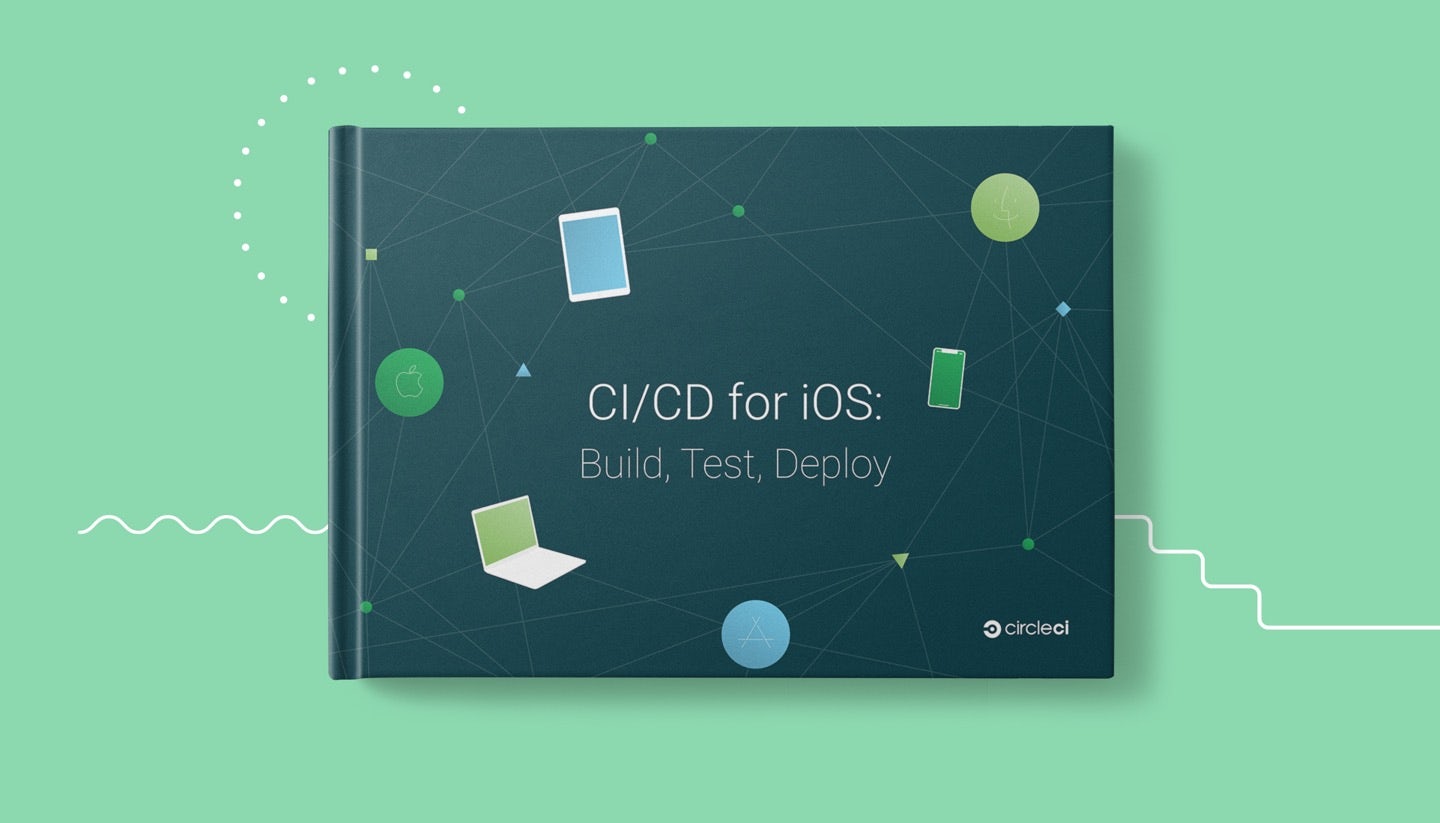
CI/CD for iOS: Build, Test, Deploy
Discover why CI/CD and reliable testing are absolutely critical in modern iOS development by setting up your own iOS app and test suite.

Startup Founders’ Guide to Software Delivery
What processes to prioritize, and what to avoid, at every stage of startup growth: from your 1st engineer to your 500th.

A Guide to Surviving Tech Due Diligence
Learn what to expect during a technical audit and how to prepare — both logistically and mentally — for the entire process.
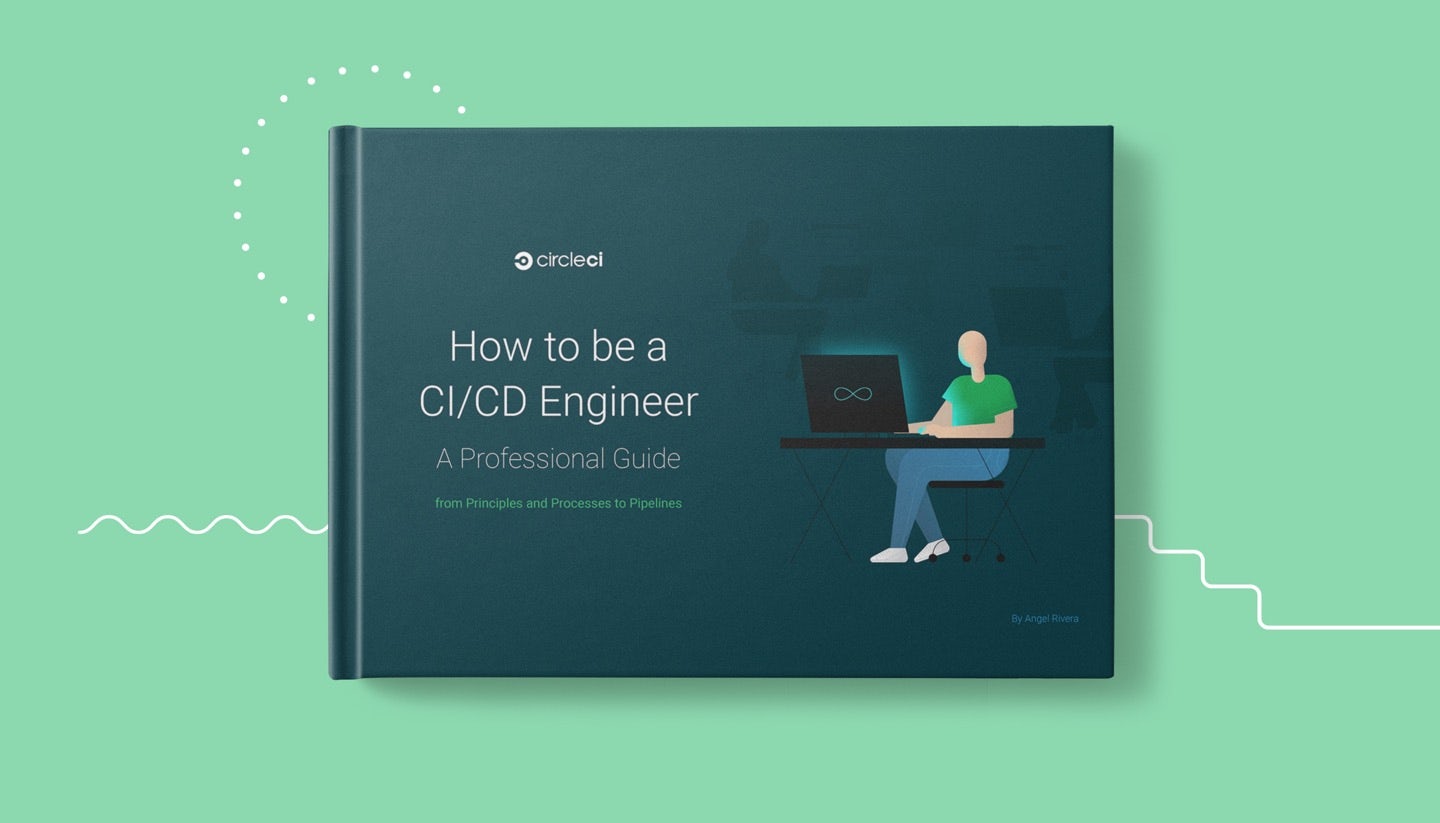
How to be a CI/CD Engineer
Learn what the best CI/CD Engineers have in common, how to succeed in this role, and important benchmarks for leading your team.

Leading Your Team to DevOps Maturity
Learn how to move your team up the DevOps maturity ladder with real-world advice from CircleCI CTO, Rob Zuber.

Software Testing for DevOps-Driven Teams
Learn how to run efficient, in-depth software tests to help your team ship higher-quality code.
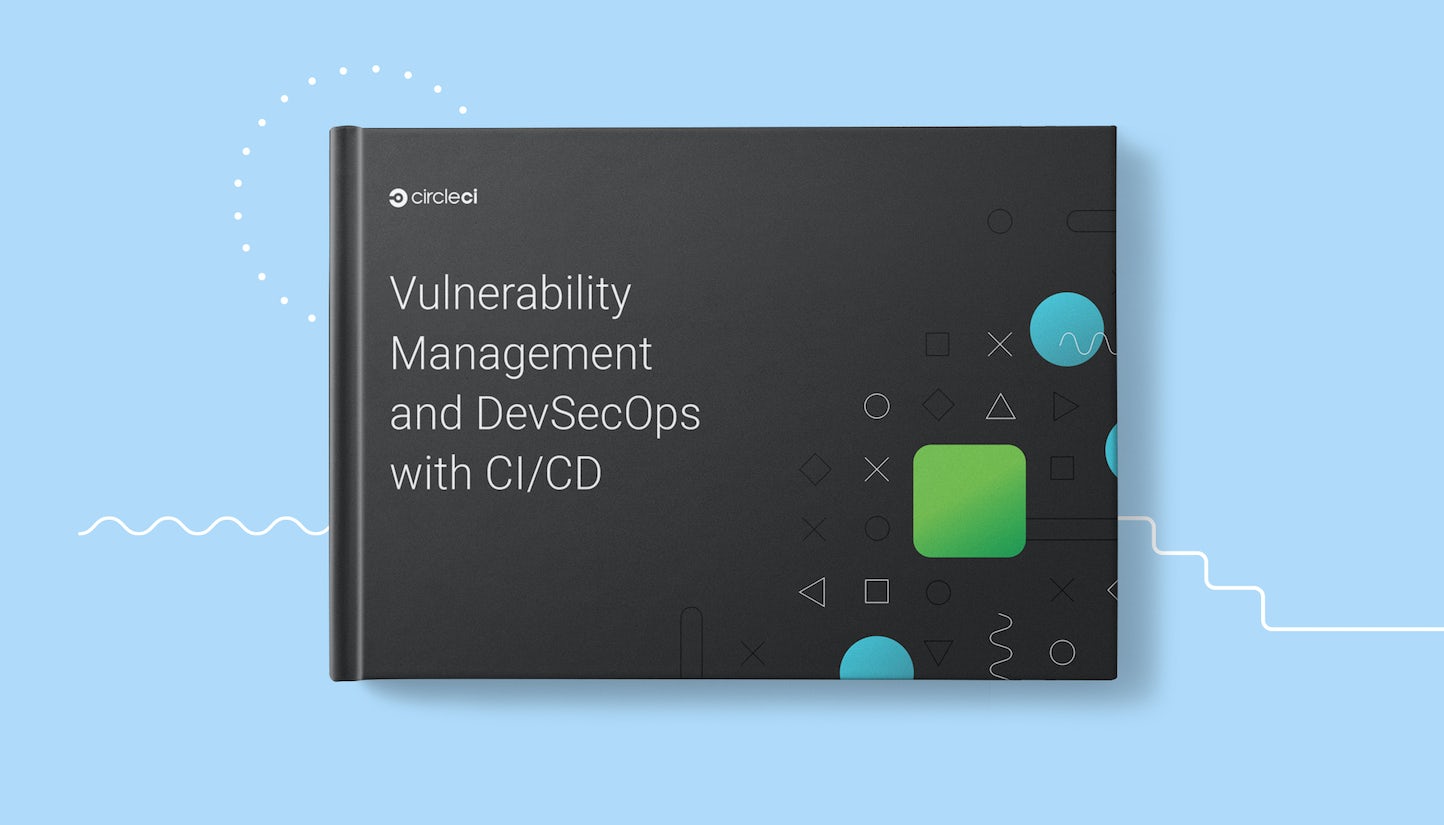
Vulnerability Management and DevSecOps with CI/CD
A guide to incorporating vulnerability management and DevSecOps into your CI/CD pipelines. Proven methods for making software security a team effort.
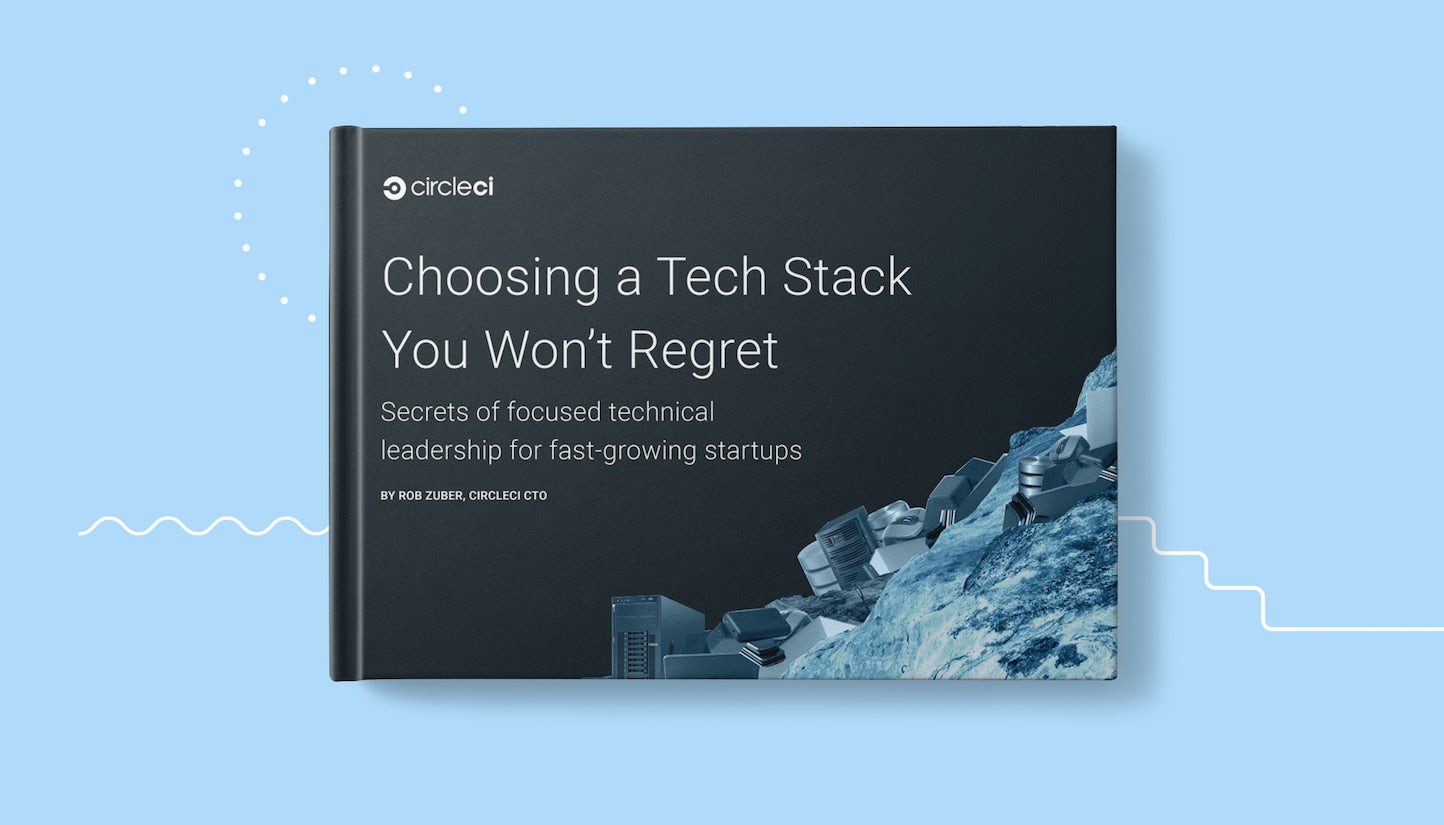
Choosing a Tech Stack You Won’t Regret
Startup secrets for focused technical leadership from CircleCI CTO and 20+ year startup veteran. Make tooling decisions that pay off in the long run.
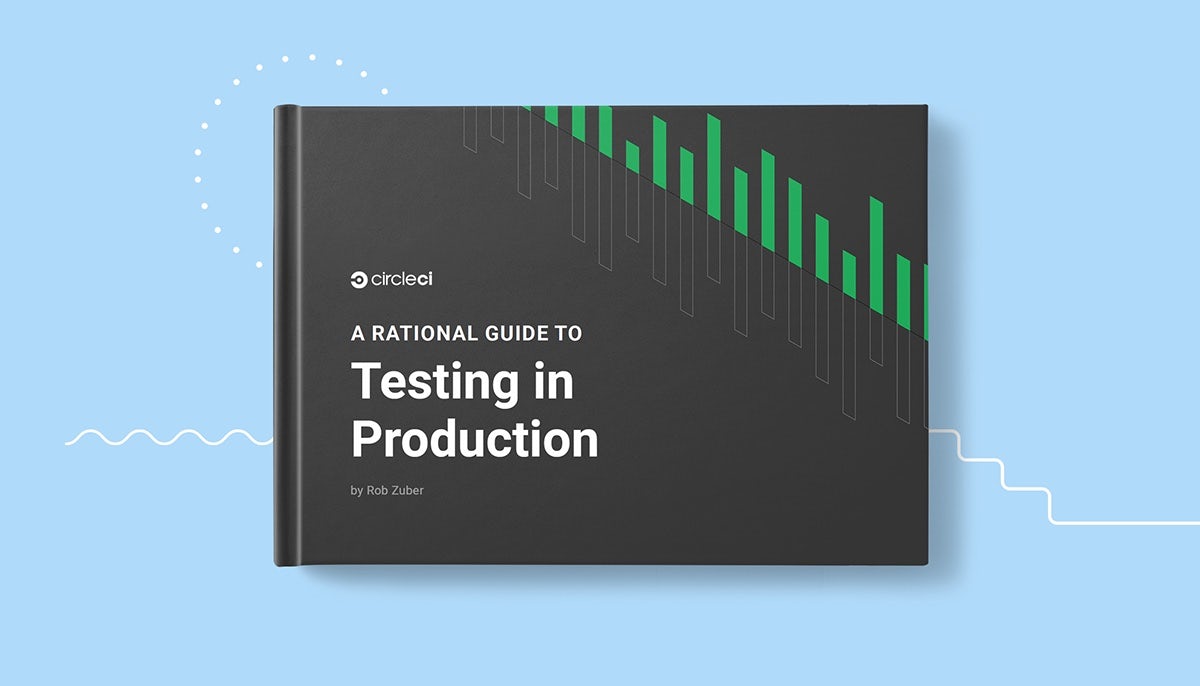
A Rational Guide to Testing in Production
What does it really mean to test in production? And what does it cost to do it well? In this ebook, CircleCI CTO Rob Zuber will explore these questions and more.

Lessons on Hiring, Career Growth, and Managing a Distributed Team
Discover how technical leaders find the best talent and how they keep their employees motivated to learn and grow.

Building a Capable Mobile Development Tech Stack
Selecting a tech stack for mobile app development is a crucial first step. This guide helps you make the right decisions to iterate and deliver quickly.
Reports
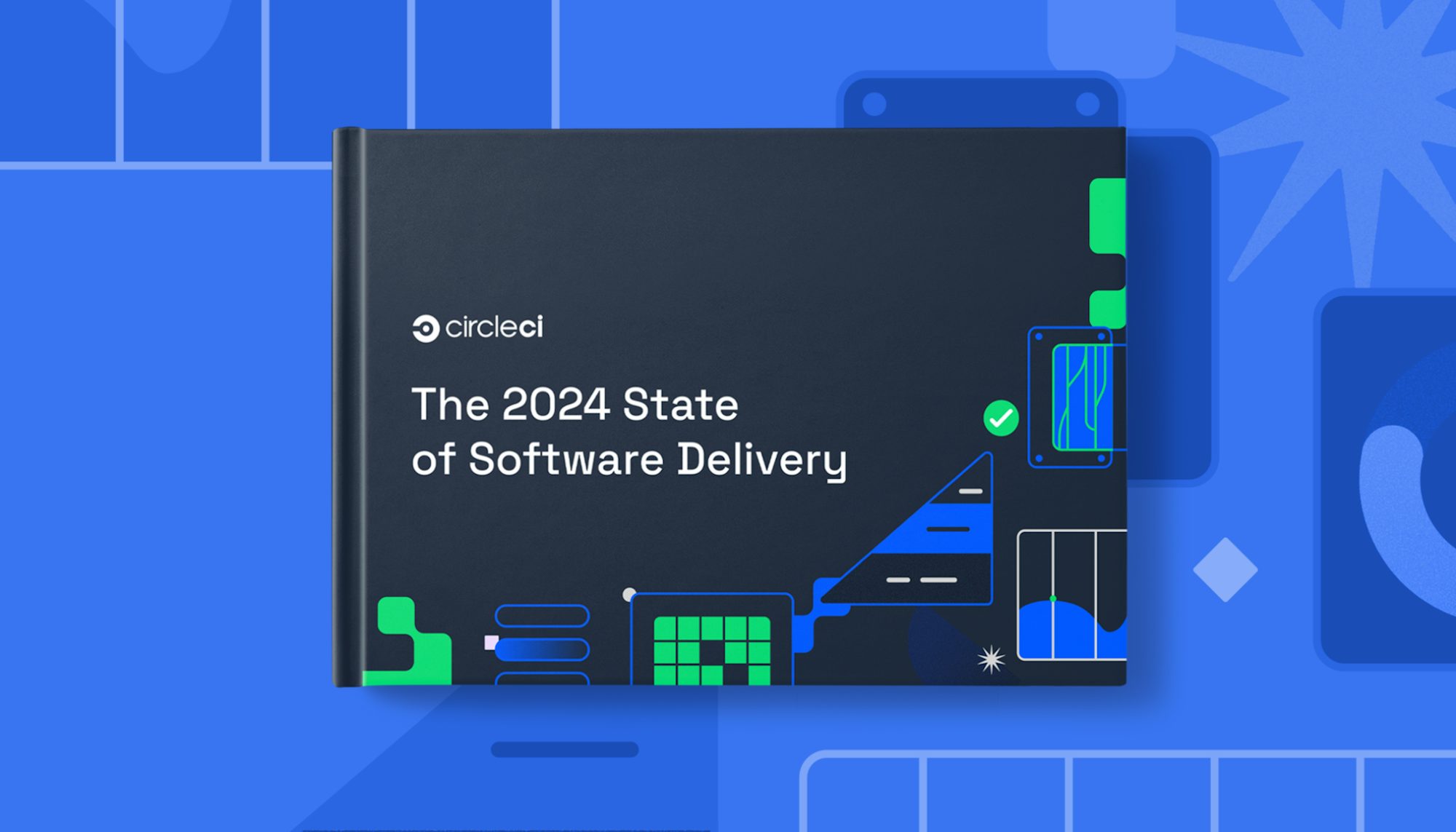
The 2024 State of Software Delivery
Learn how teams are building software in 2024, and which practices and benchmarks set elite teams apart from the rest.
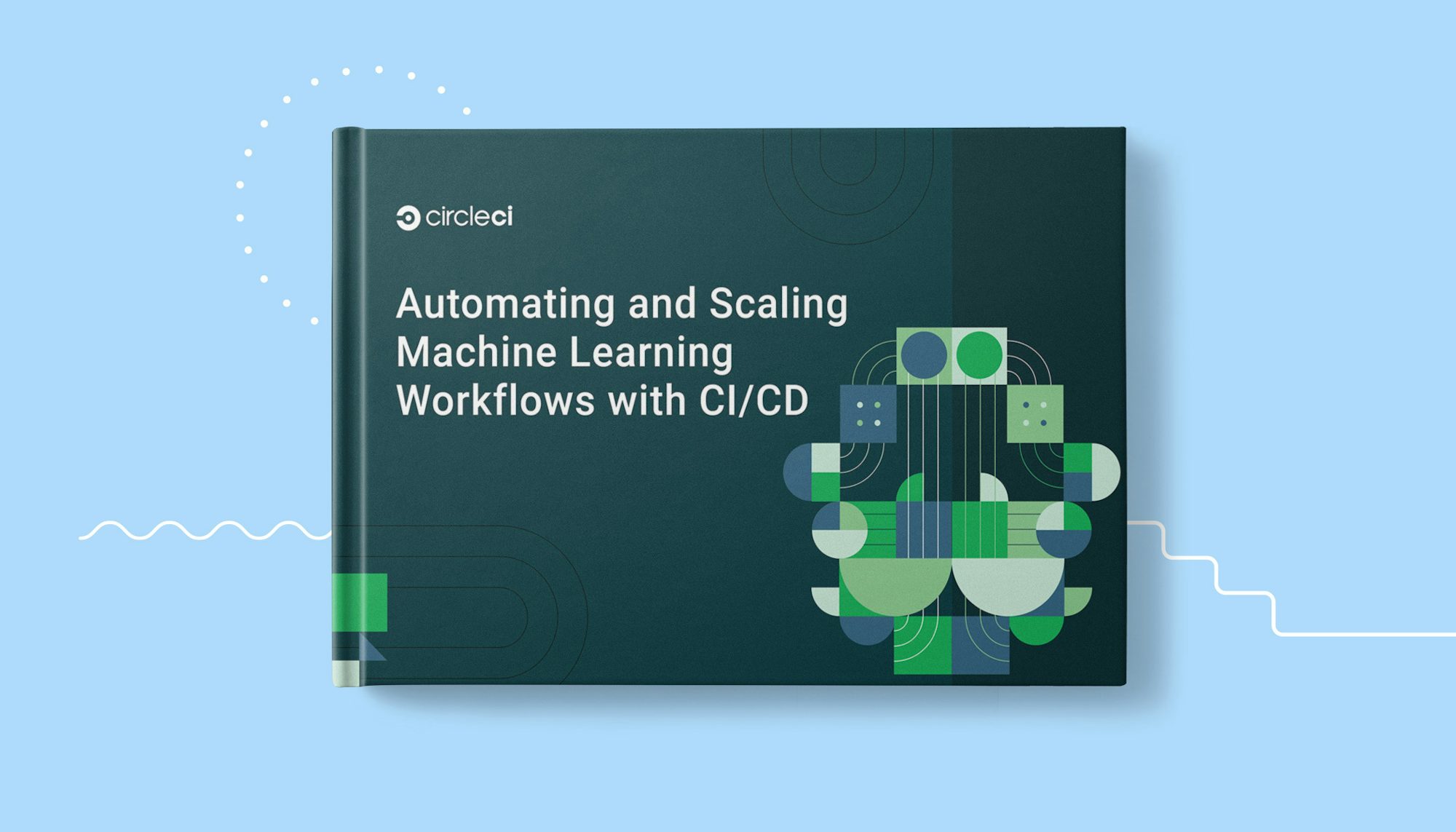
Automating and scaling machine learning workflows with CI/CD
Learn how a robust CI/CD pipeline empowers AI/ML teams to move faster, enhance model quality, and conquer development challenges for more stable and secure releases.
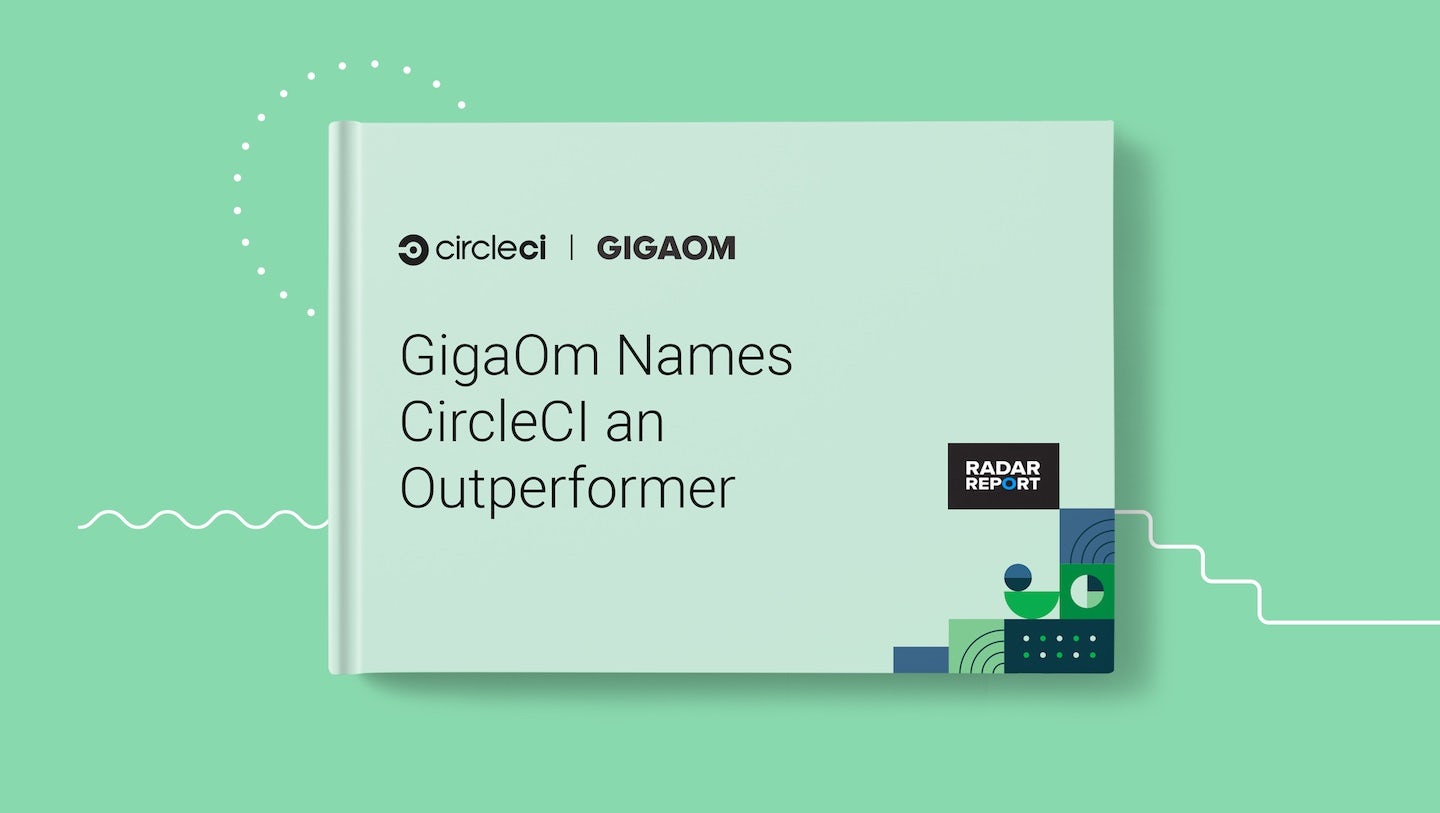
GigaOm Radar for CI/CD for Kubernetes
CircleCI was recognized by GigaOm as an outperformer among CI/CD vendors for Kubernetes use cases.

The 2023 State of Software Delivery - Europe
Learn how software teams in Europe are building in 2023, and which practices and benchmarks set elite teams apart from the rest.
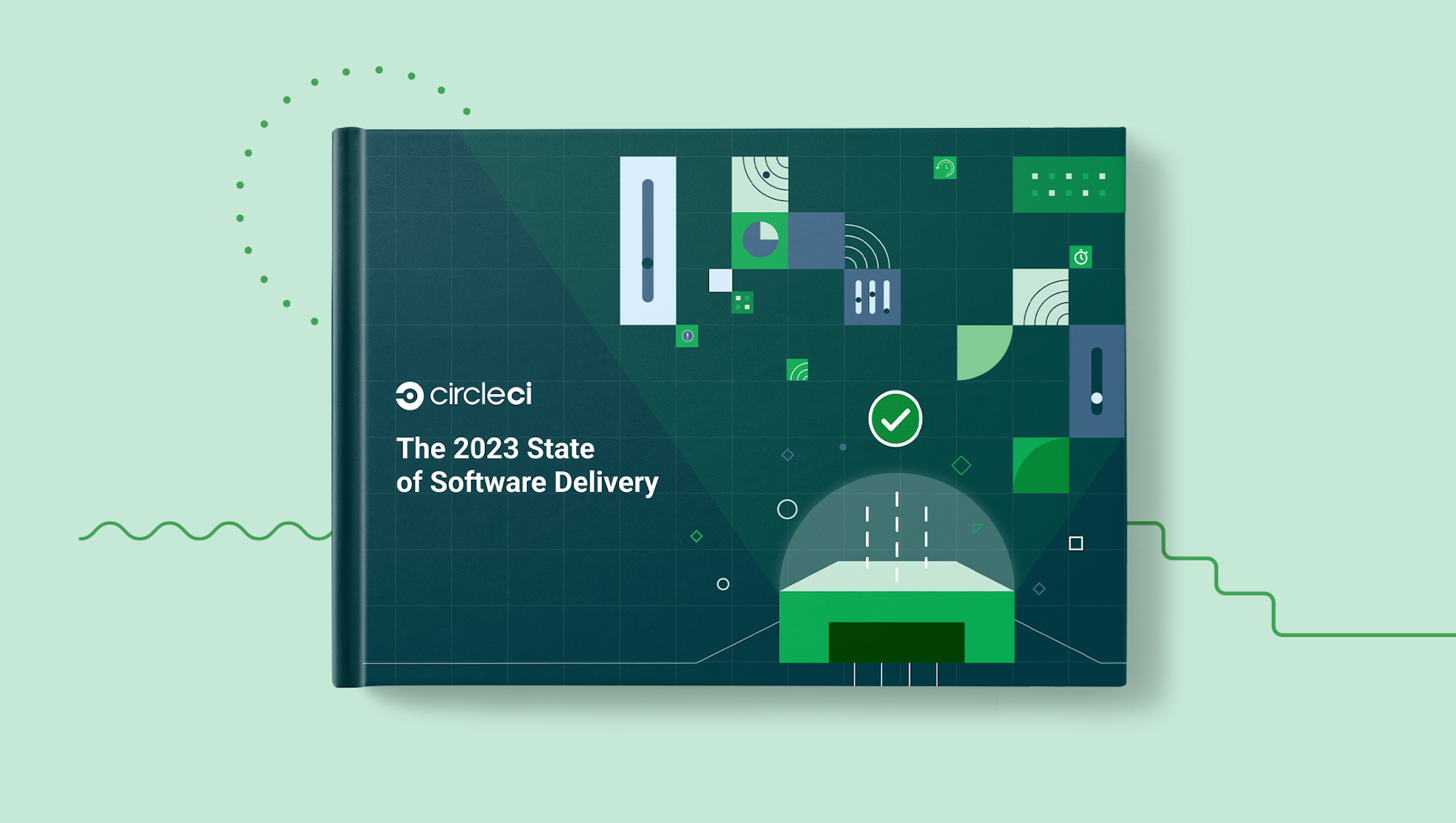
The 2023 State of Software Delivery
Learn how teams are building software in 2023, and which practices and benchmarks set elite teams apart from the rest.
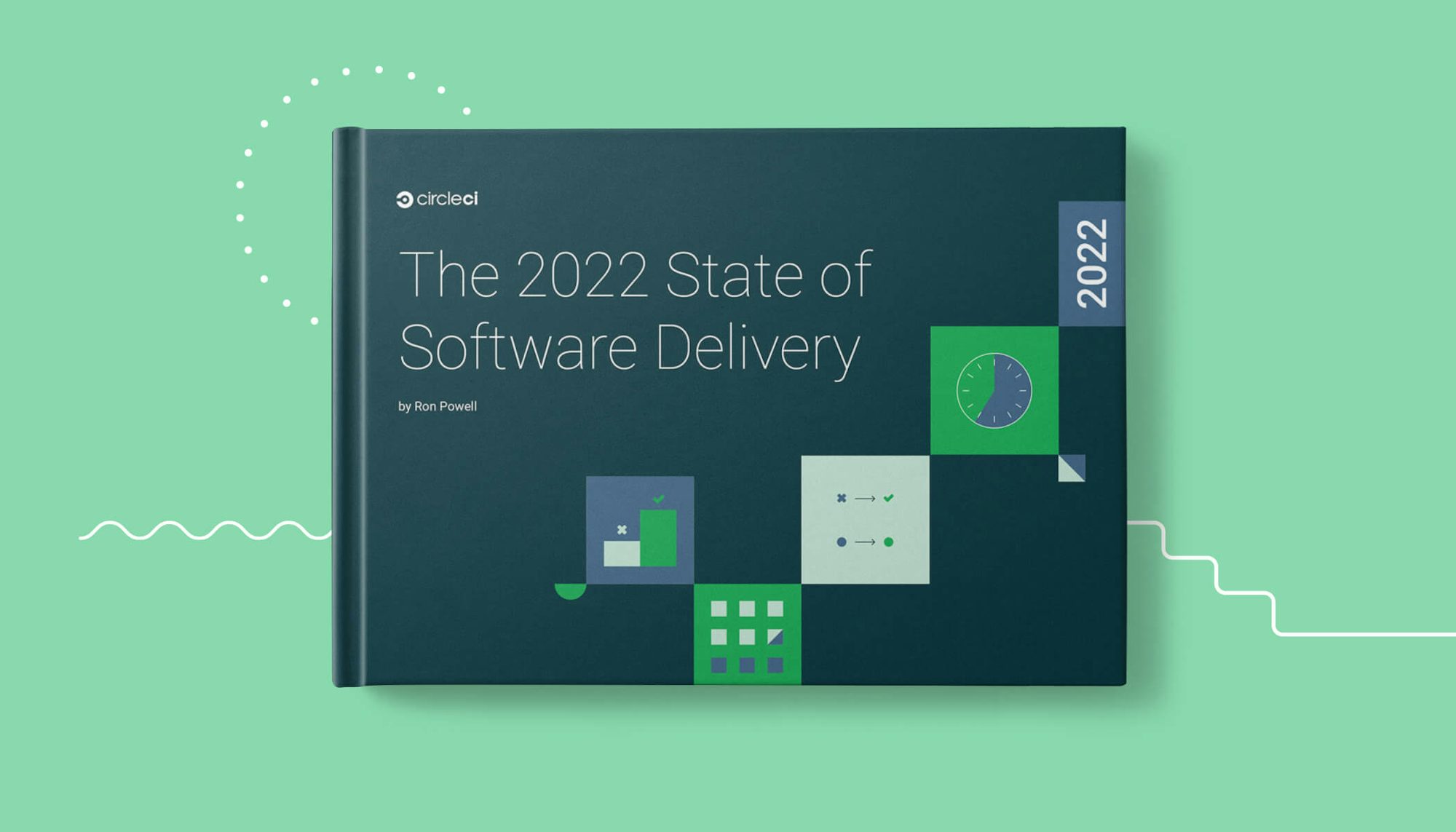
The 2022 State of Software Delivery
In this year’s report, discover the systems, tools, team processes, structures, and everyday practices that empower engineering teams to go from good to great.
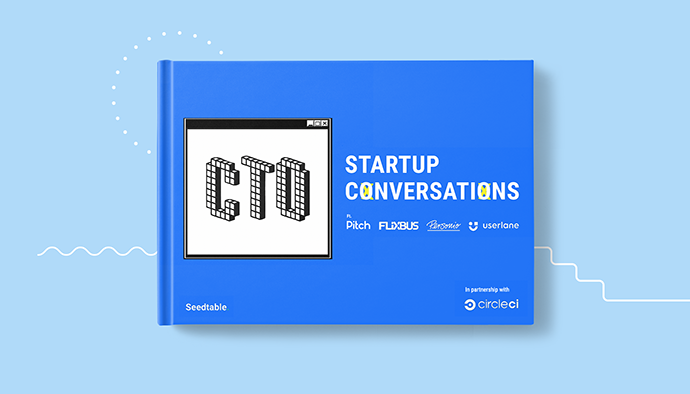
Startup Conversations - View from the CTO
11 of the top European tech CTO’s deconstruct how to build and operate high-performing technology teams.
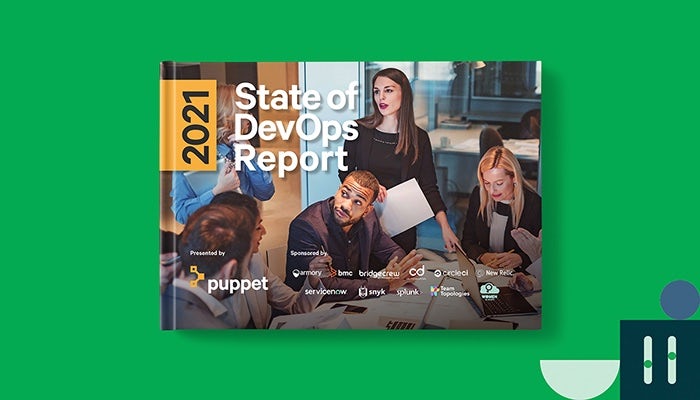
2021 Puppet State of DevOps Report
The 10th anniversary edition of the report includes commentary from DevOps experts on the 2021 data and recommendations for companies seeking to evolve their DevOps practices.
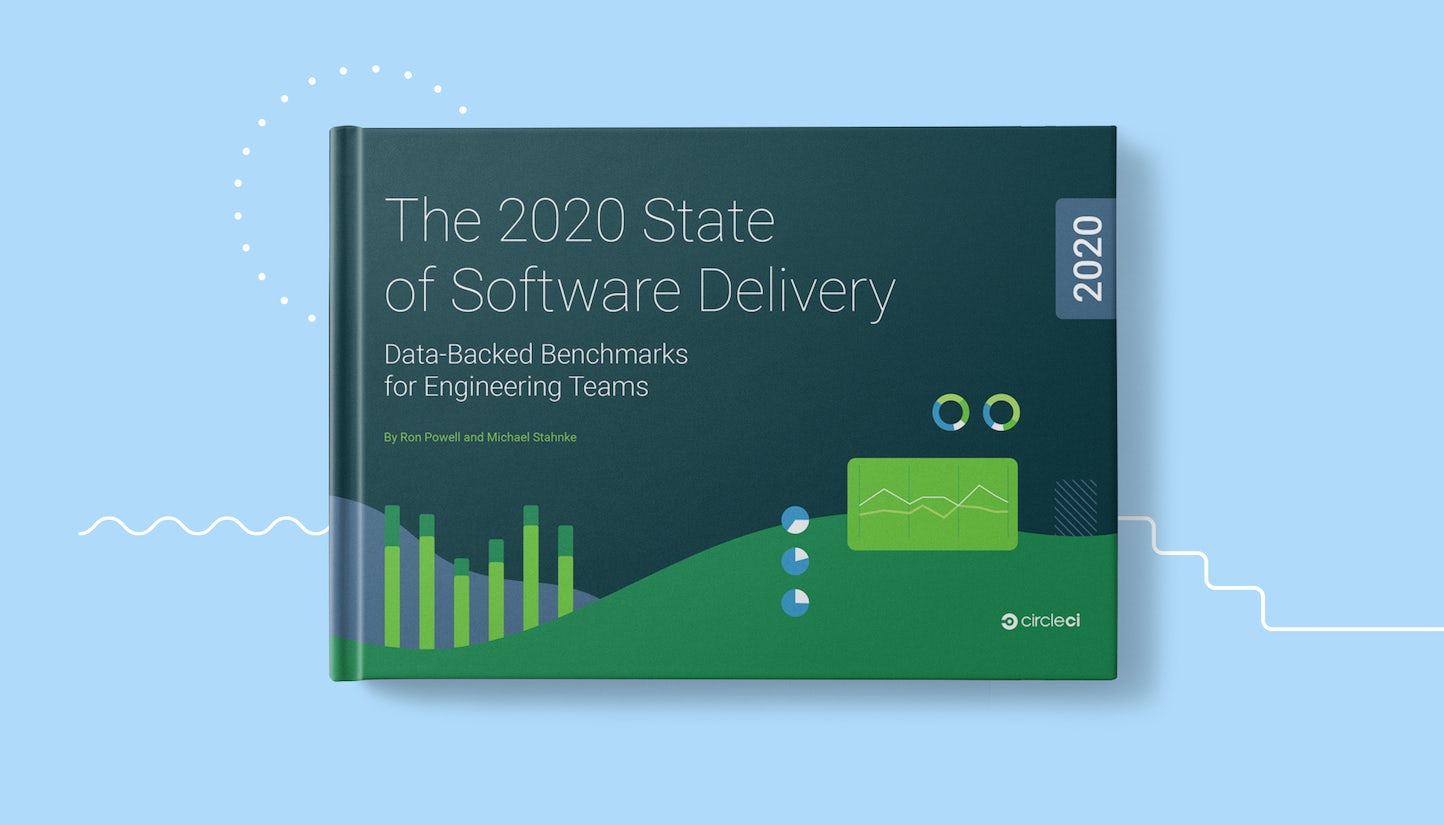
Data-Backed Benchmarks for Engineering Teams
Learn what a high-performing software delivery team looks like, and how to set meaningful goals.

Building Tech Teams - A Report from Sifted and CircleCI
Download this report from Sifted and CircleCI for a deep-dive on Europe’s fastest growing startups.
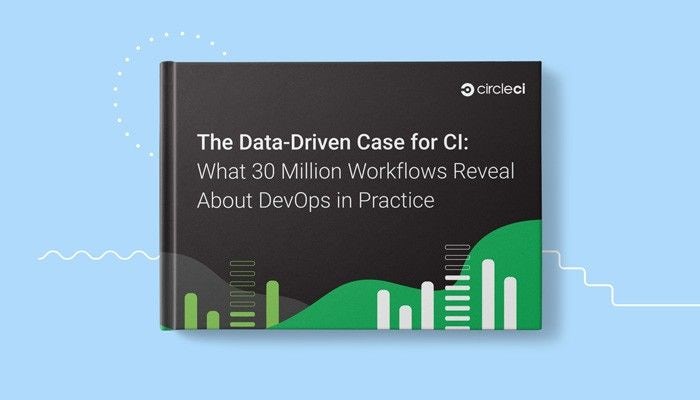
The Data-Driven Case for CI: What 30 Million Workflows Reveal About DevOps in Practice
Find out why a focus on CI helps teams rapidly deliver quality code and consistently reach higher performance standards.
Videos
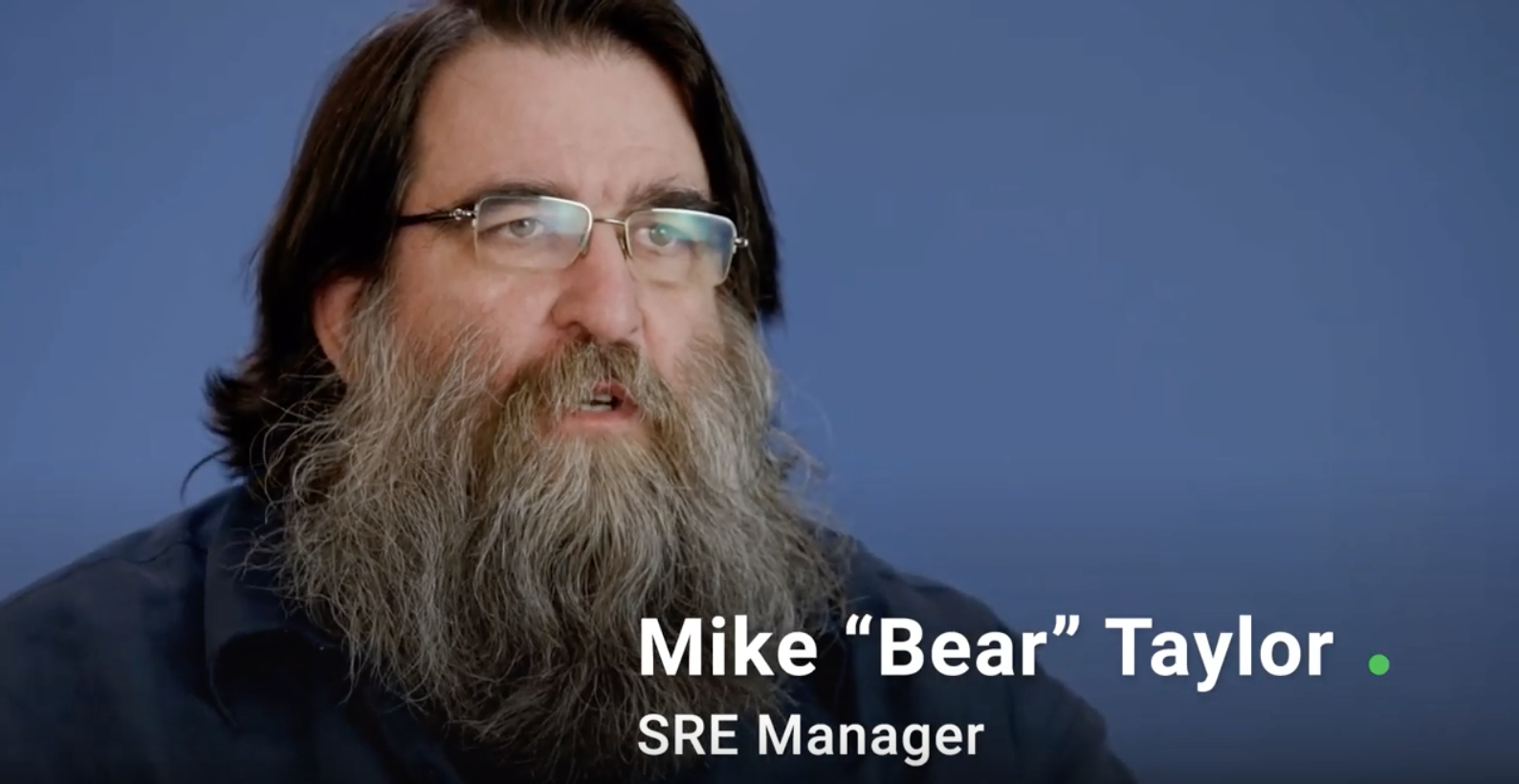
How to Build a High Performing Engineering Team
Hear from CircleCI’s leadership on how they approach creating and supporting the teams that make up CircleCI.
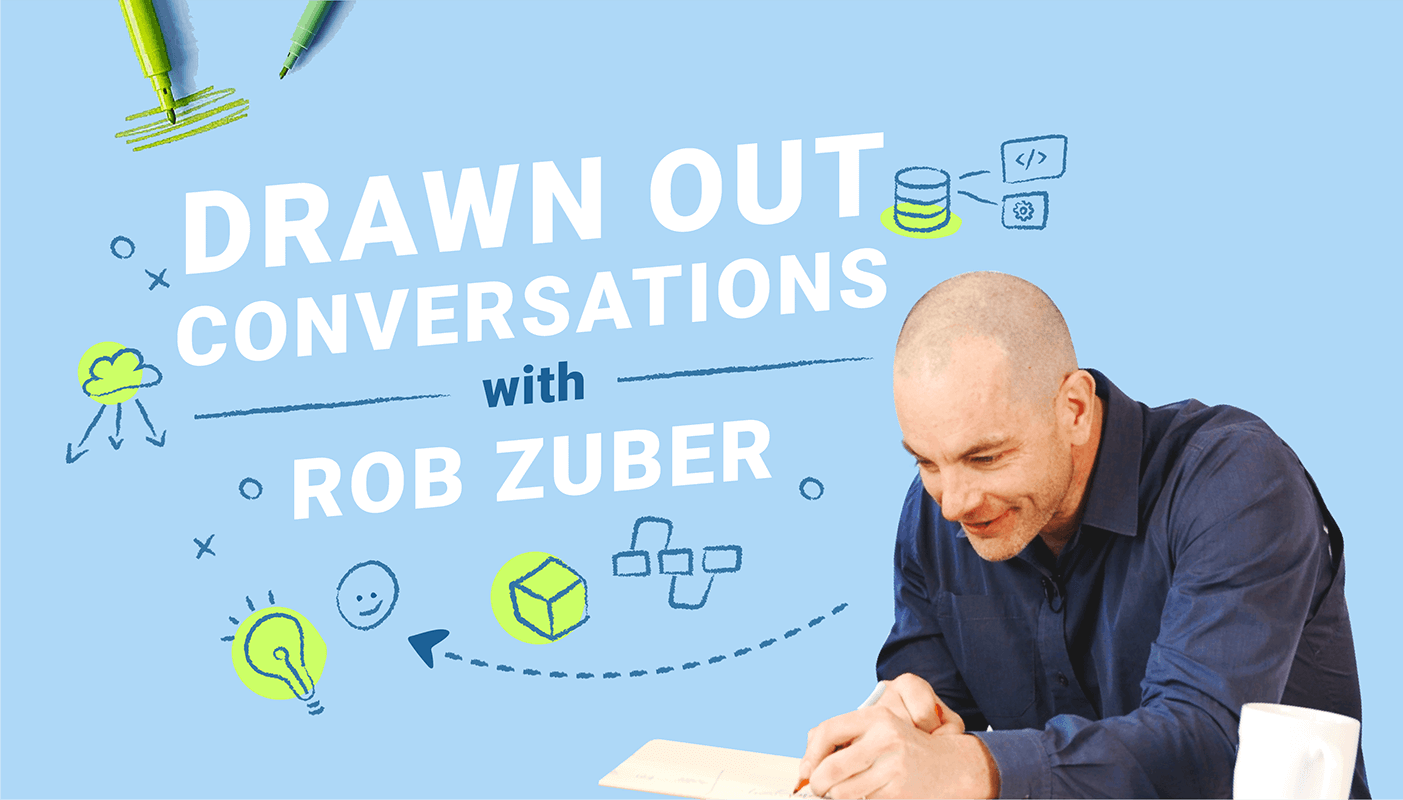
Drawn Out Conversations - Hector Aguilar, President of Technology of Okta
CircleCI CTO, Rob Zuber, hosts President of Technology at Okta, Hector Aguilar, for a fast-paced conversation spanning authentication, load balancers, monitoring, and much more.
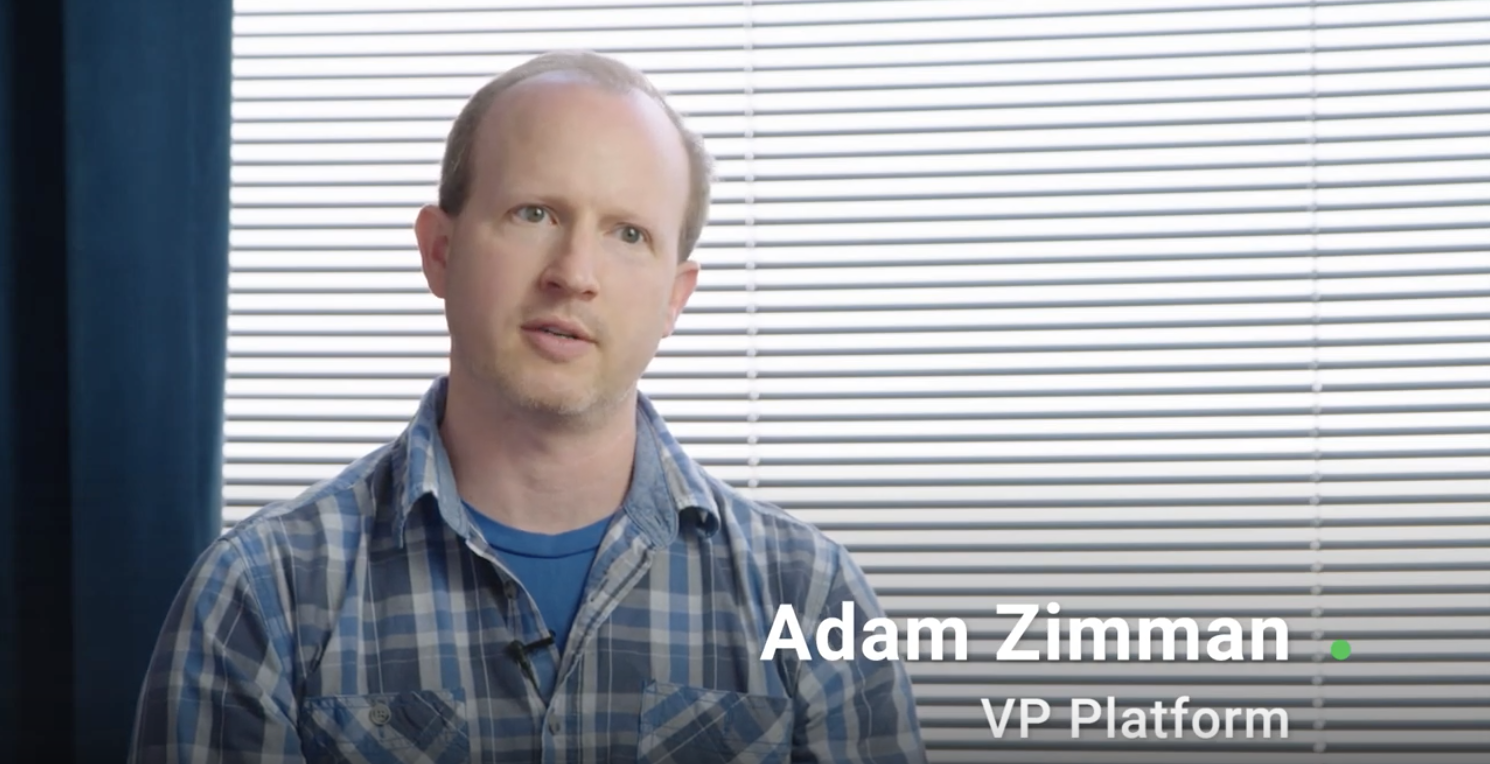
How LaunchDarkly empowers software teams to control releases with CircleCI
See why the LaunchDarkly team chose CircleCI to support the growth of their fast-moving team.

Drawn Out Conversations - Zachary Crockett of Particle
Learn how Particle built their own open source operating system to run IoT devices, and why they started delivering their own cellular service to power their devices.
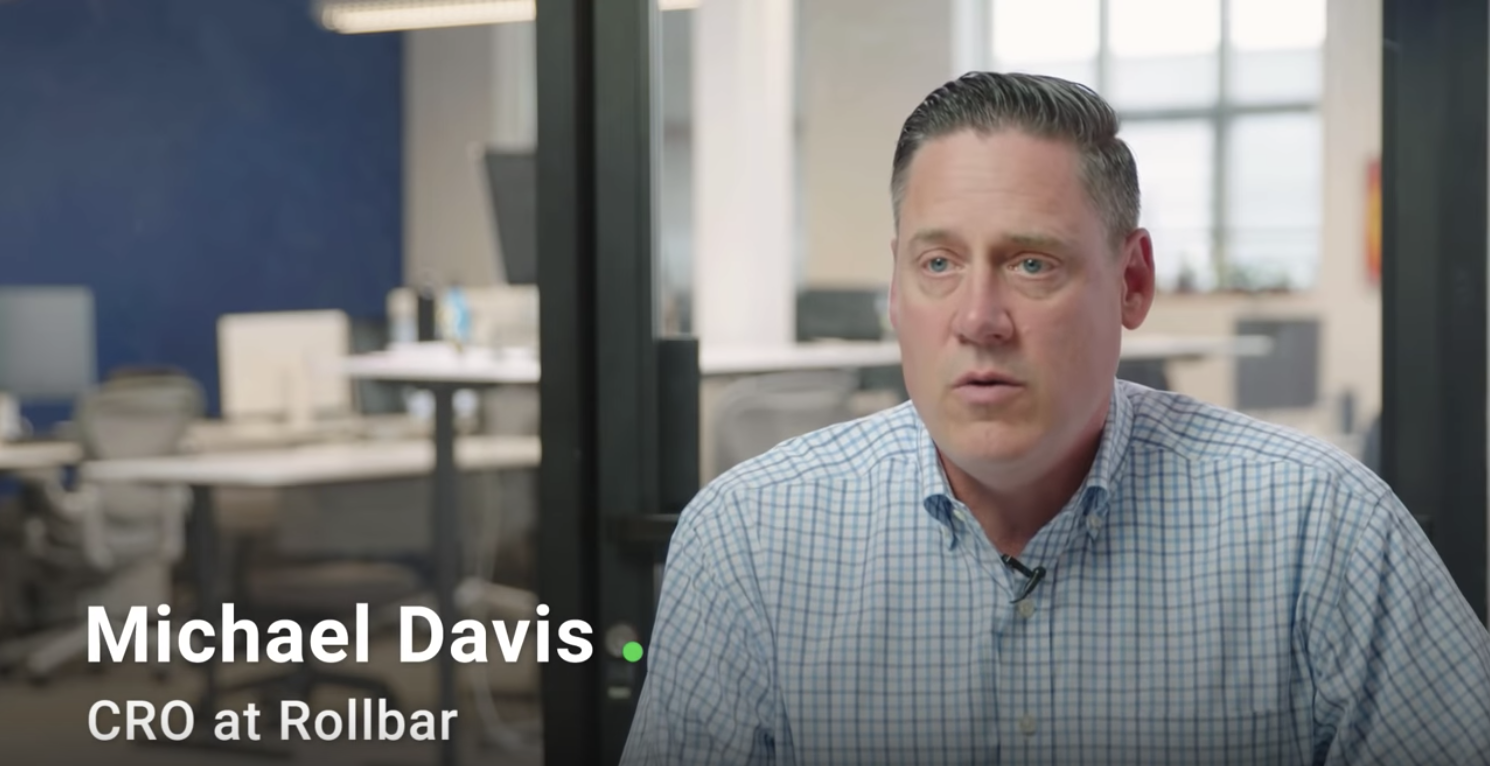
DevOps: not just for startups
From nimble startups to large enterprises, software organizations are adopting DevOps practices to help them be more nimble and responsive to the market.
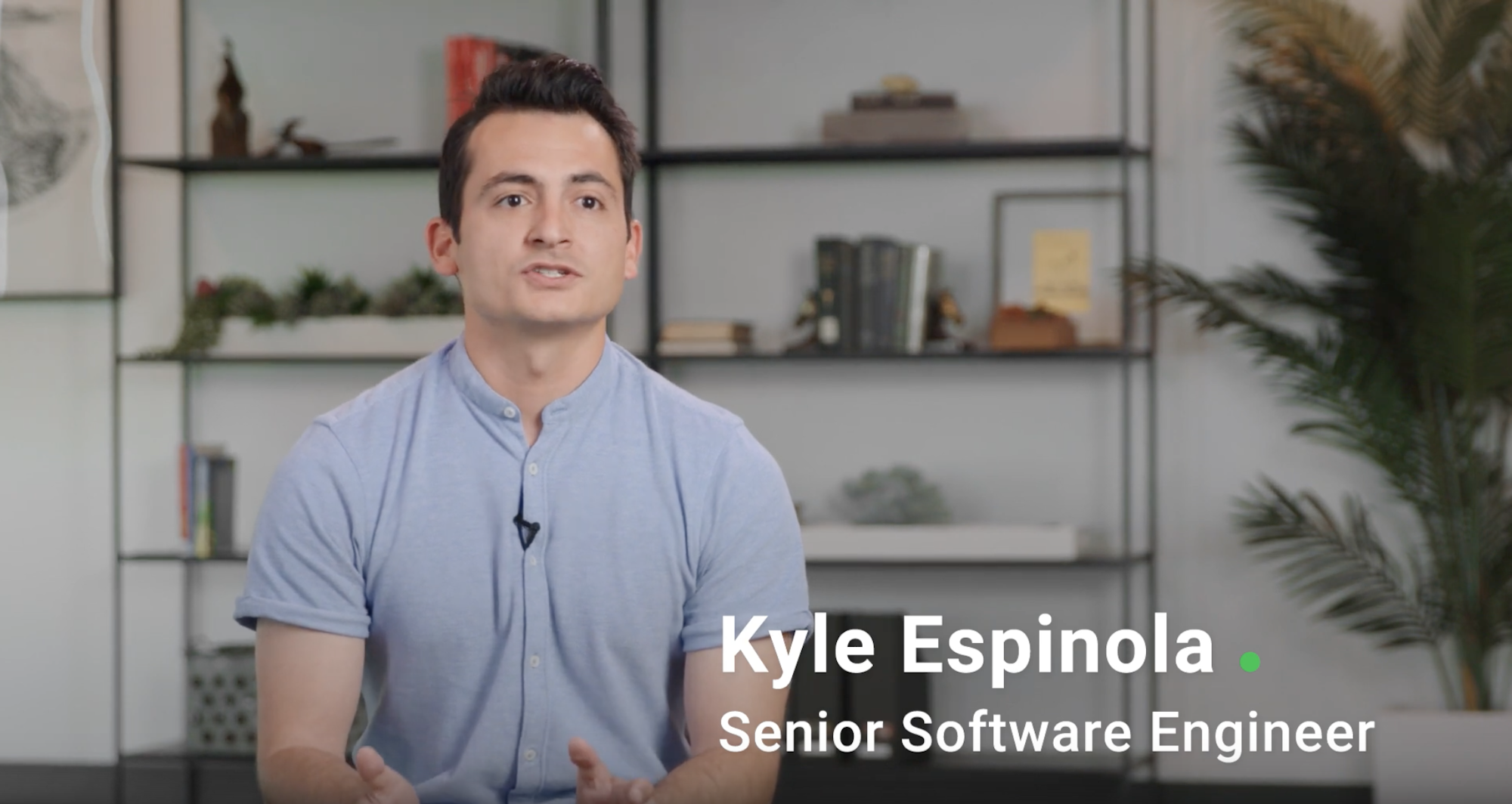
How Procore builds software that builds the world with CircleCI
Hear from the Procore team why they rely on CircleCI to ensure code quality with every change they push.
Tutorials

CI/CD for iOS: Build, Test, Deploy
Discover why CI/CD and reliable testing are absolutely critical in modern iOS development by setting up your own iOS app and test suite.
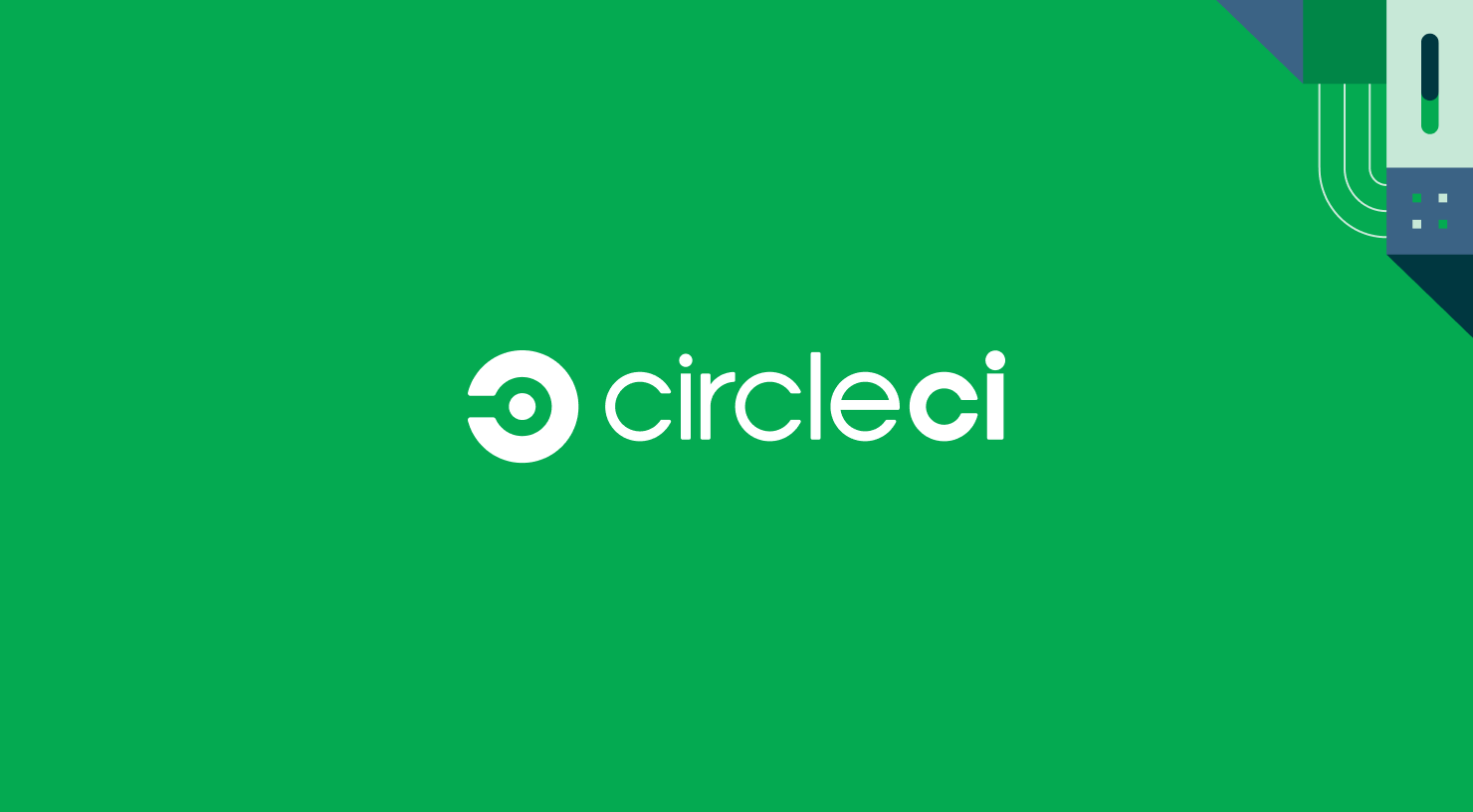
Improve Visibility into Your Pipelines with Insights Endpoints
Learn about API v2 and insights endpoints.

Increase Pipeline Flexibility with Advanced Logic
Advanced logic can help you develop more robust CI/CD pipelines that can execute workflows consistently and optimally.

Automate Your Software Development with Docker and CircleCI
Deepen your understanding of Docker images and containers for CircleCI.
People

A Guide to Surviving Tech Due Diligence
Learn what to expect during a technical audit and how to prepare — both logistically and mentally — for the entire process.

Lessons on Hiring, Career Growth, and Managing a Distributed Team
Discover how technical leaders find the best talent and how they keep their employees motivated to learn and grow.

Startup Conversations - View from the CTO
11 of the top European tech CTO’s deconstruct how to build and operate high-performing technology teams.

Building Tech Teams - A Report from Sifted and CircleCI
Download this report from Sifted and CircleCI for a deep-dive on Europe’s fastest growing startups.

How to Build a High Performing Engineering Team
Hear from CircleCI’s leadership on how they approach creating and supporting the teams that make up CircleCI.

Drawn Out Conversations - Hector Aguilar, President of Technology of Okta
CircleCI CTO, Rob Zuber, hosts President of Technology at Okta, Hector Aguilar, for a fast-paced conversation spanning authentication, load balancers, monitoring, and much more.

Drawn Out Conversations - Zachary Crockett of Particle
Learn how Particle built their own open source operating system to run IoT devices, and why they started delivering their own cellular service to power their devices.
DevOps

The 2024 State of Software Delivery
Learn how teams are building software in 2024, and which practices and benchmarks set elite teams apart from the rest.

Automating and scaling machine learning workflows with CI/CD
Learn how a robust CI/CD pipeline empowers AI/ML teams to move faster, enhance model quality, and conquer development challenges for more stable and secure releases.

The 2023 State of Software Delivery - Europe
Learn how software teams in Europe are building in 2023, and which practices and benchmarks set elite teams apart from the rest.

Simplifying Compliance with CI/CD
Learn how a robust continuous integration and delivery pipeline can help your organization automate and streamline risk management and regulatory compliance.

CI/CD Metrics for Platform Engineers
Learn the key metrics platform engineers use to optimize performance, enhance reliability, and ensure a seamless user experience on the technology platforms they manage.

The Path to Platform Engineering
Learn how a platform engineering team can help your organization achieve faster development cycles, higher quality software, and improved scalability.

The Building Blocks of DevOps Culture
Across thousands of teams, we’ve seen that the top teams have something in common: they’ve fostered a culture in which DevOps practices can thrive. This guide will show you what you need to build a DevOps-friendly culture in your organization.

CI/CD for the Hybrid Cloud
Learn how your organization can benefit from setting up a continuous integration pipeline that runs on both public and private infrastructure.

The State of Cloud-Native Release Orchestration 2021
Trends, challenges, and opportunities for improvement when it comes to releasing and validating software in production.

How to Build a Team That Demands Metrics
Discover how to track the metrics that work best for your team and effectively use them to achieve larger, shared goals.

6 Paths to Application Security
Understand and mitigate the most common security risks faced by modern enterprise applications today.

Startup Founders’ Guide to Software Delivery
What processes to prioritize, and what to avoid, at every stage of startup growth: from your 1st engineer to your 500th.

How to be a CI/CD Engineer
Learn what the best CI/CD Engineers have in common, how to succeed in this role, and important benchmarks for leading your team.

Leading Your Team to DevOps Maturity
Learn how to move your team up the DevOps maturity ladder with real-world advice from CircleCI CTO, Rob Zuber.

Software Testing for DevOps-Driven Teams
Learn how to run efficient, in-depth software tests to help your team ship higher-quality code.

Vulnerability Management and DevSecOps with CI/CD
A guide to incorporating vulnerability management and DevSecOps into your CI/CD pipelines. Proven methods for making software security a team effort.

Choosing a Tech Stack You Won’t Regret
Startup secrets for focused technical leadership from CircleCI CTO and 20+ year startup veteran. Make tooling decisions that pay off in the long run.

A Rational Guide to Testing in Production
What does it really mean to test in production? And what does it cost to do it well? In this ebook, CircleCI CTO Rob Zuber will explore these questions and more.

Building a Capable Mobile Development Tech Stack
Selecting a tech stack for mobile app development is a crucial first step. This guide helps you make the right decisions to iterate and deliver quickly.

The 2023 State of Software Delivery
Learn how teams are building software in 2023, and which practices and benchmarks set elite teams apart from the rest.

The 2022 State of Software Delivery
In this year’s report, discover the systems, tools, team processes, structures, and everyday practices that empower engineering teams to go from good to great.

2021 Puppet State of DevOps Report
The 10th anniversary edition of the report includes commentary from DevOps experts on the 2021 data and recommendations for companies seeking to evolve their DevOps practices.

Data-Backed Benchmarks for Engineering Teams
Learn what a high-performing software delivery team looks like, and how to set meaningful goals.

The Data-Driven Case for CI: What 30 Million Workflows Reveal About DevOps in Practice
Find out why a focus on CI helps teams rapidly deliver quality code and consistently reach higher performance standards.
Integrations
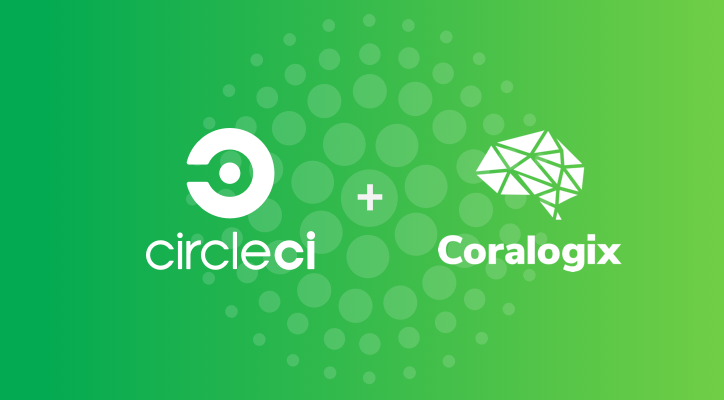
ML-Powered Logging for Faster Delivery
Use the Coralogix orb to tag versions and automatically analyze the impact of an upgrade on the quality of a system.
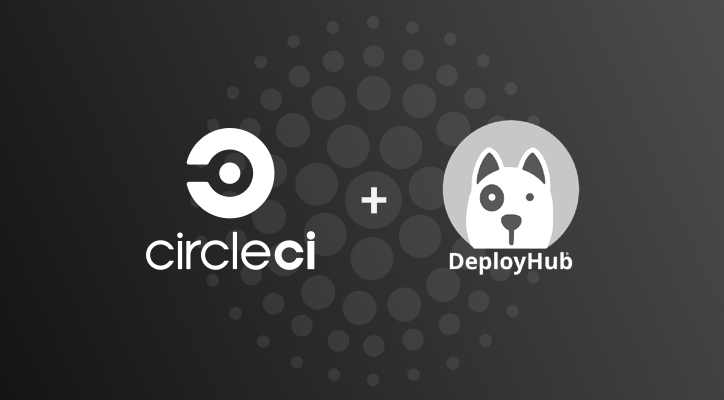
Pivoting Pipeline Deployments from Monolithic to Microservices
Pivot from a monolithic to a microservice-based model where services are independently deployable across many workflows.
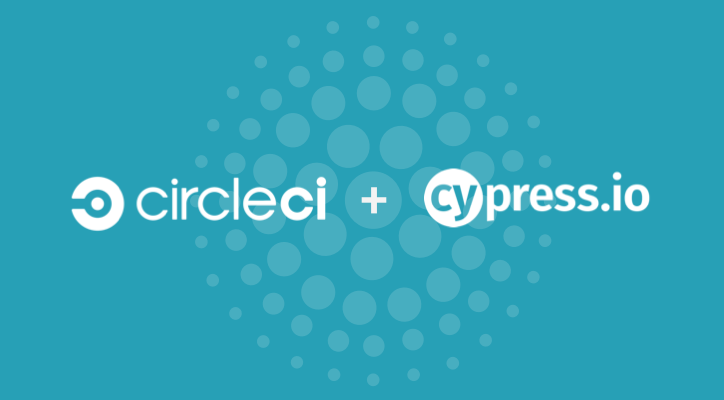
Set up Faster, Easier, End-to-End Testing
Easily test web apps on every commit while avoiding common configuration mistakes with Cypress.
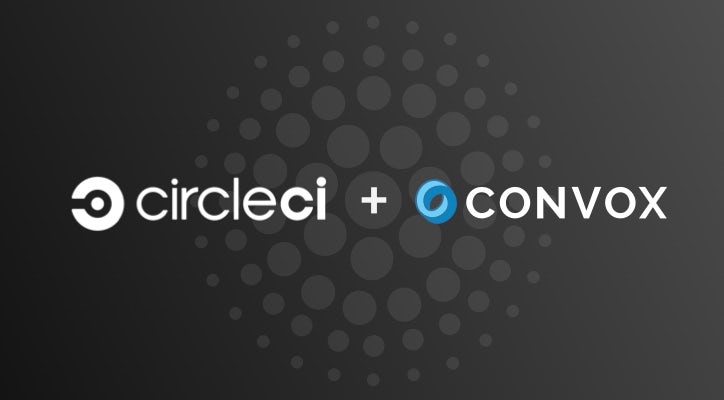
Manage Multi-Cloud K8s Deployments with CircleCI and Convox
Learn how to deploy to Kubernetes clusters on any cloud with ease by including the Convox orb in your workflow.
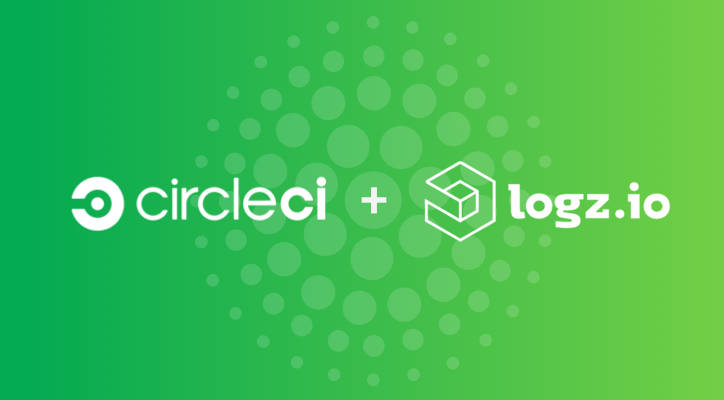
DevOps Best Practices for CI/CD and Observability
Simplify and accelerate application delivery and response to production issues with Logz.io.
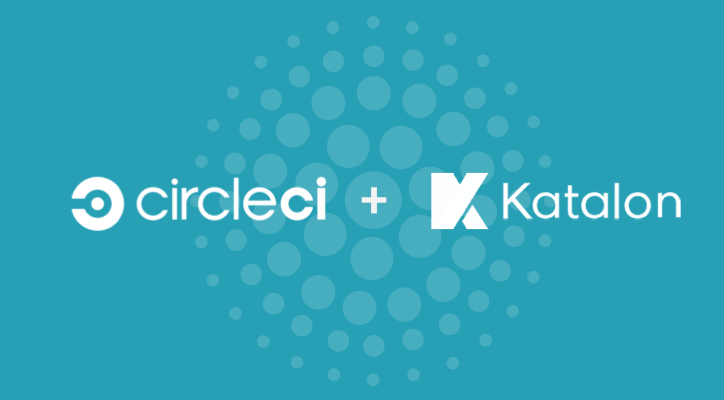
Automation Testing on the Cloud DevOps – Remote Working Made Easier
See a live demo of how the Katalon Studio integration with CircleCI can boost your CI/CD and automation testing.
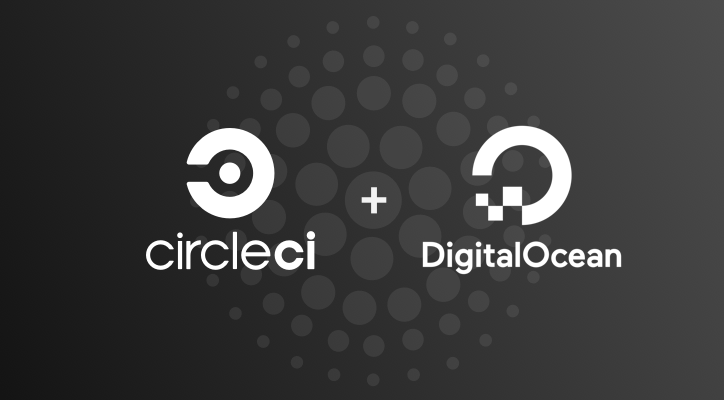
Leveraging CircleCI for DigitalOcean Kubernetes Deployment
Create a high-performance and cost-effective continuous delivery pipeline using DigitalOcean Managed Kubernetes.

Creating a Custom Docker Image to Run Your CI Builds
Learn about our new fleet of Docker images that were built with fewer layers to make them more efficient.
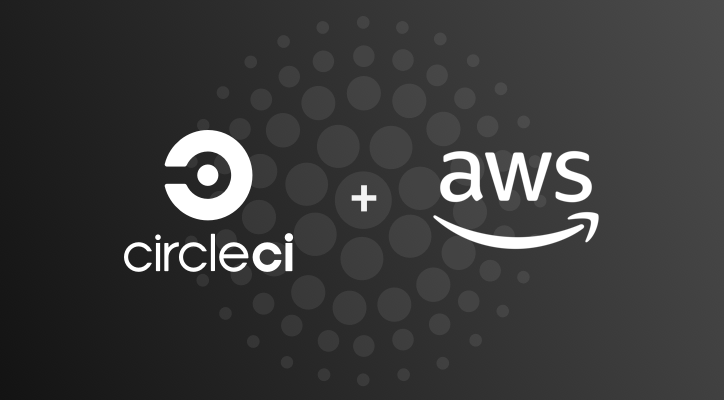
Making Serverless CI/CD Easier with CircleCI and AWS
Use the Serverless Framework to develop and test a sample serverless application with CircleCI and AWS.
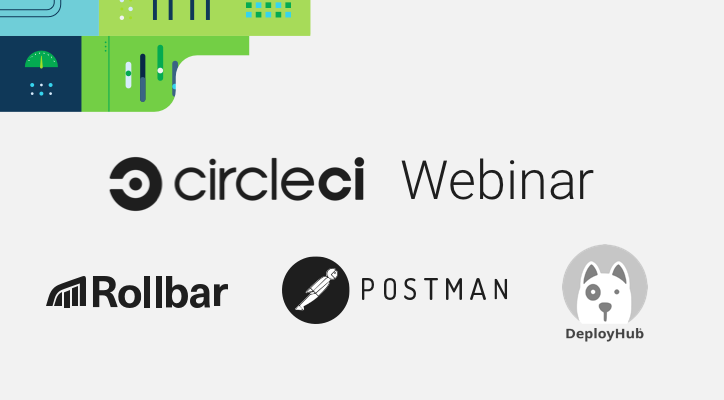
Microservices Roundtable
Hear from industry experts on the evolution of microservices and best practices for adopting them in your applications.
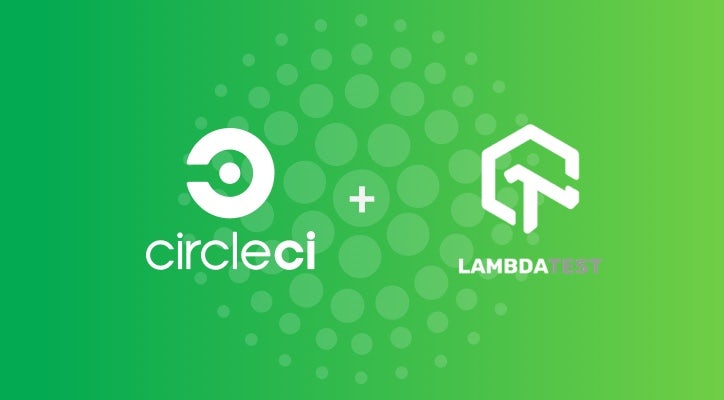
Running Effortless Continuous Testing Pipelines
Perform continuous testing to automate browser testing after any commit made to your deployment pipeline.
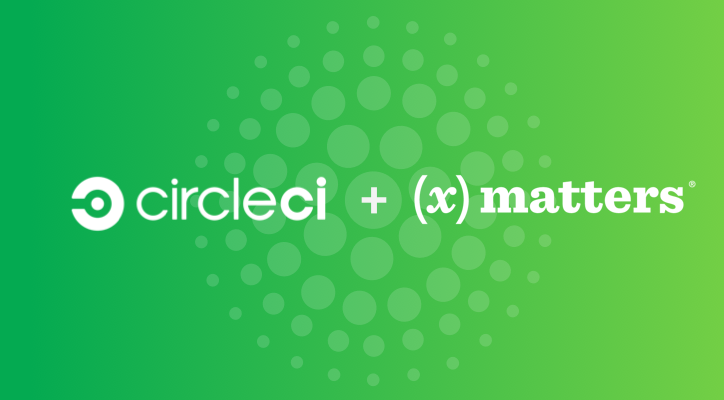
Safe and Secure Applications with CircleCI and xMatters
CircleCI and xMatters make deploying to the cloud safer and more secure.
News

GigaOm Radar for CI/CD for Kubernetes
CircleCI was recognized by GigaOm as an outperformer among CI/CD vendors for Kubernetes use cases.
Customers

How LaunchDarkly empowers software teams to control releases with CircleCI
See why the LaunchDarkly team chose CircleCI to support the growth of their fast-moving team.

DevOps: not just for startups
From nimble startups to large enterprises, software organizations are adopting DevOps practices to help them be more nimble and responsive to the market.

How Procore builds software that builds the world with CircleCI
Hear from the Procore team why they rely on CircleCI to ensure code quality with every change they push.
